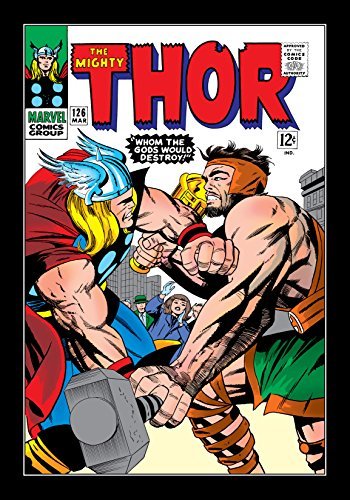
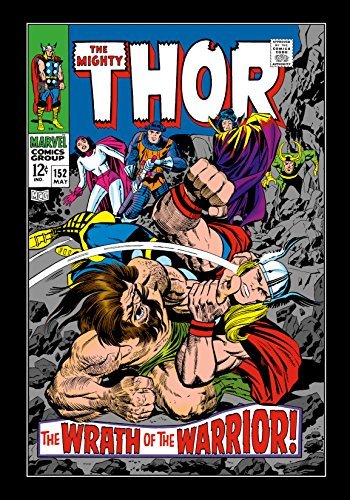
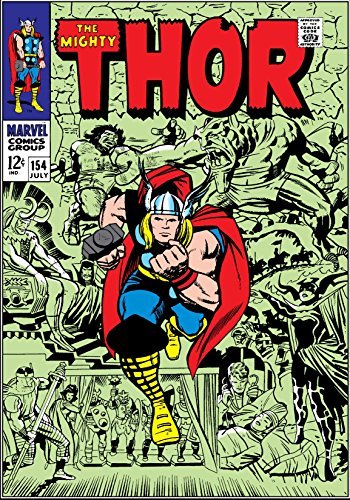
Books in series

Thor (1966-1996) #126
1966

Thor (1966-1996) #152
1968

Thor (1966-1996) #154
1968
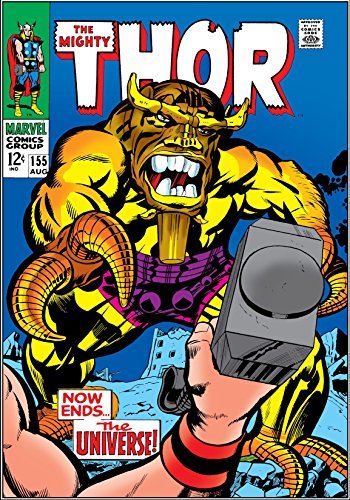
Thor (1966-1996) #155
1968
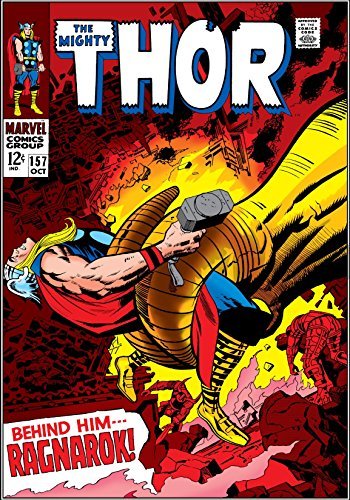
Thor (1966-1996) #157
1968
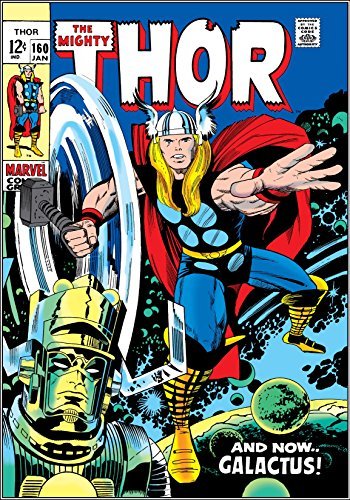
Thor (1966-1996) #160
1969
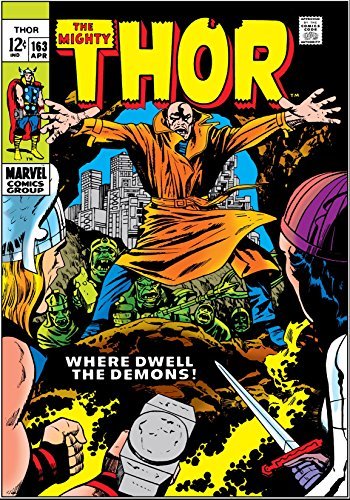
Thor (1966-1996) #163
1969
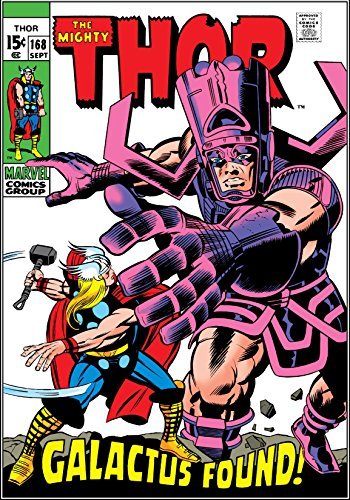
Thor (1966-1996) #168
1969
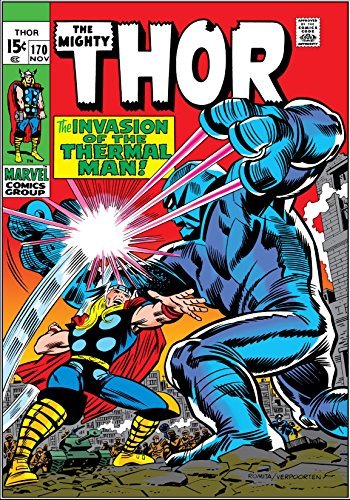
Thor (1966-1996) #170
1969
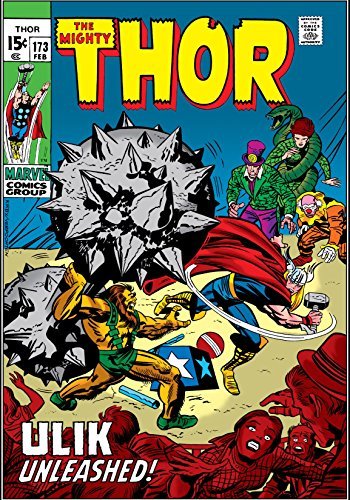
Thor (1966-1996) #173
1970
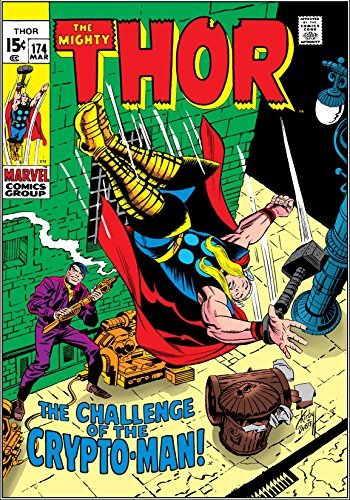
Thor (1966-1996) #174
1970
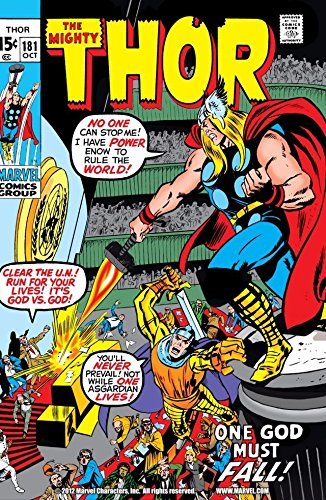
Thor (1966-1996) #181
1970
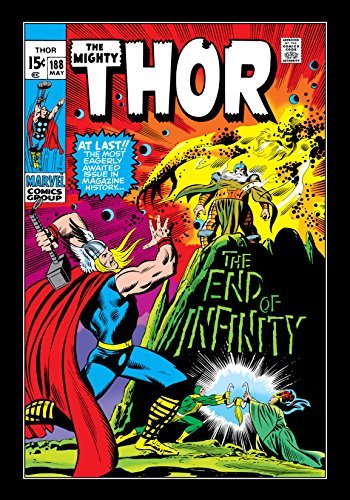
Thor (1966-1996) #188
1971
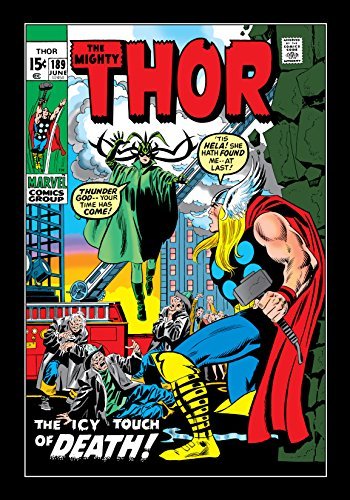
Thor (1966-1996) #189
1971
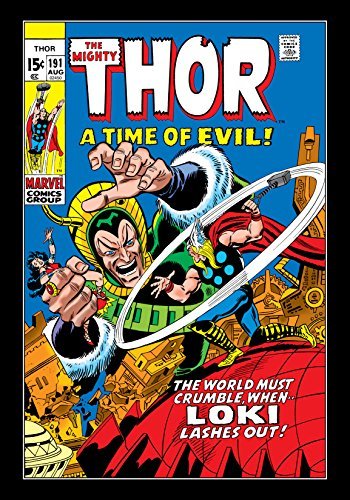
Thor (1966-1996) #191
1971
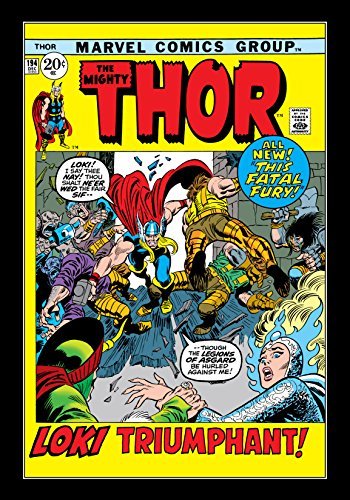
Thor (1966-1996) #194
1971
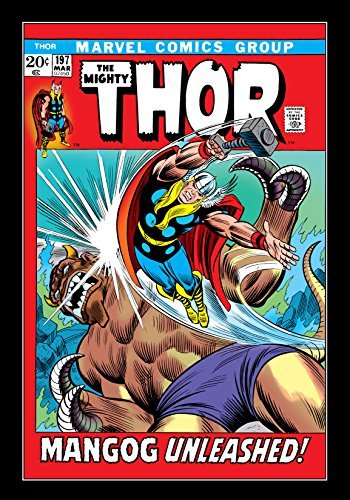
Thor (1966-1996) #197
1972
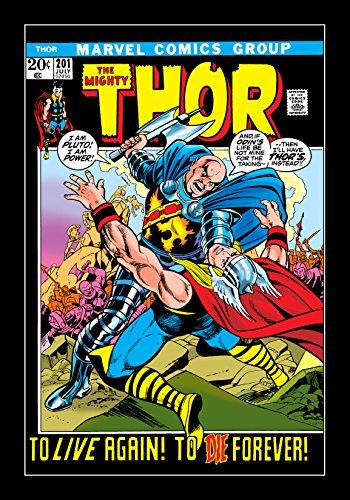
Thor (1966-1996) #201
2016
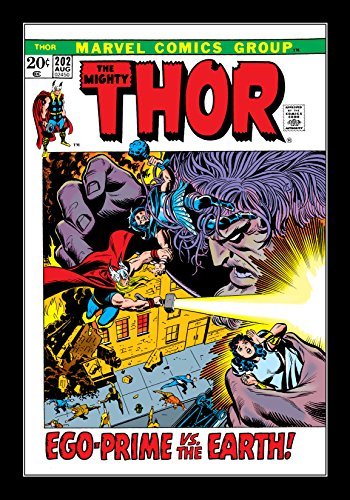
Thor (1966-1996) #202
1972
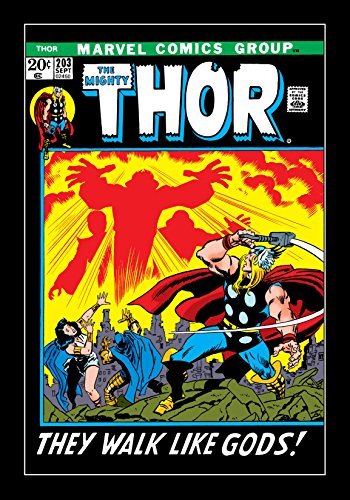
Thor (1966-1996) #203
2016
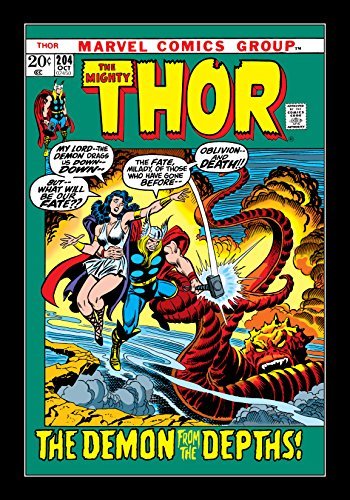
Thor (1966-1996) #204
1972
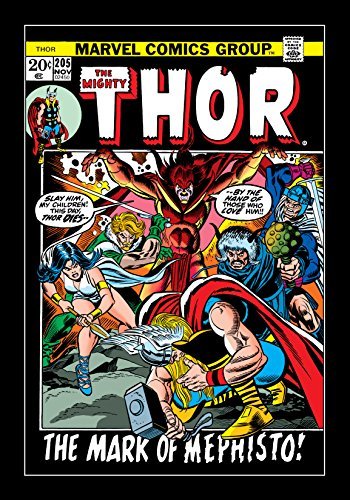
Thor (1966-1996) #205
1972
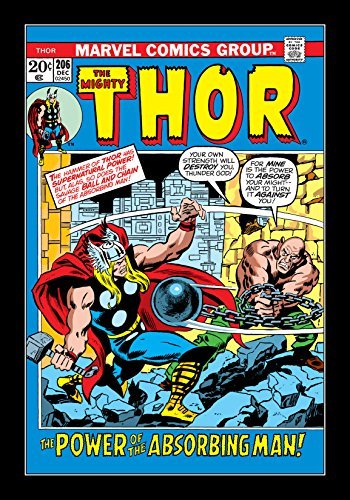
Thor (1966-1996) #206
1972
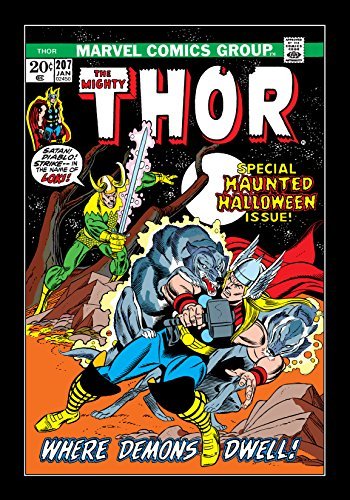
Thor (1966-1996) #207
1973
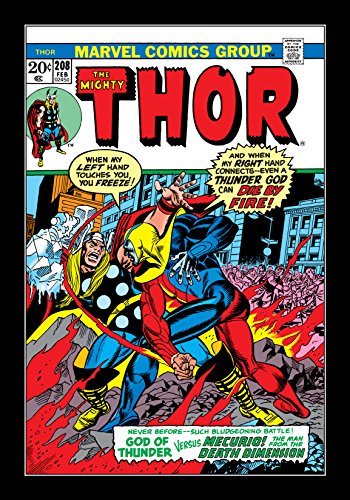
Thor (1966-1996) #208
1973
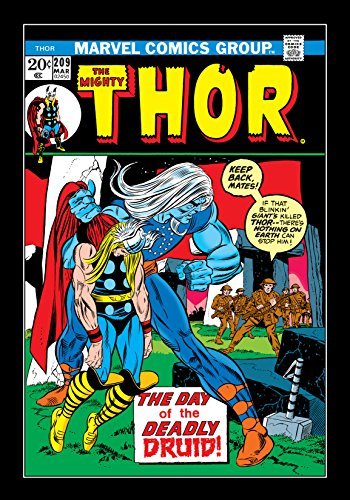
Thor (1966-1996) #209
1973
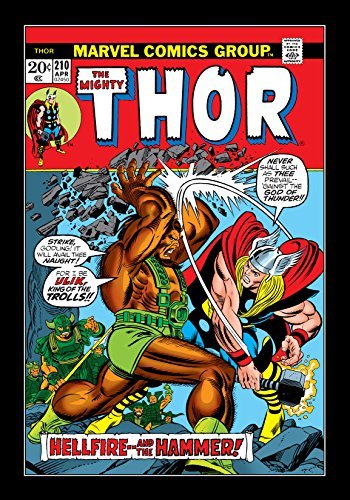
Thor (1966-1996) #210
1972
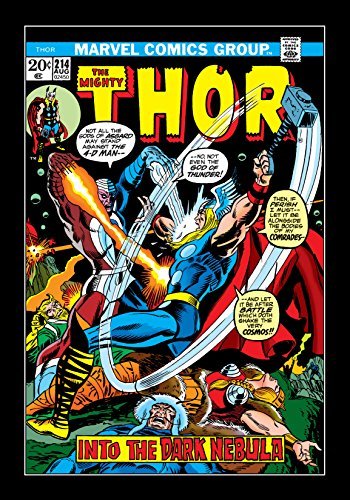
Thor (1966-1996) #214
2016
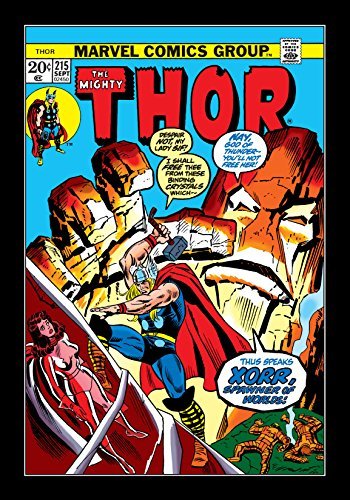
Thor (1966-1996) #215
1973
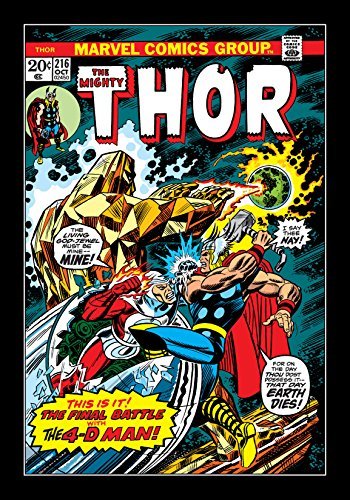
Thor (1966-1996) #216
1973
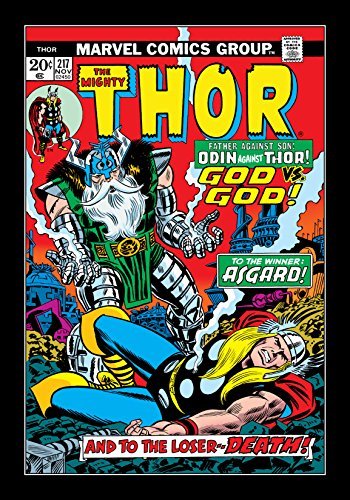
Thor (1966-1996) #217
1973
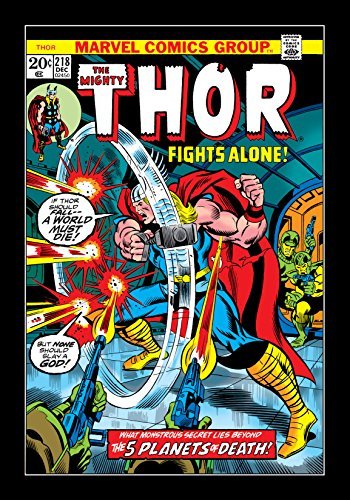
Thor (1966-1996) #218
1973
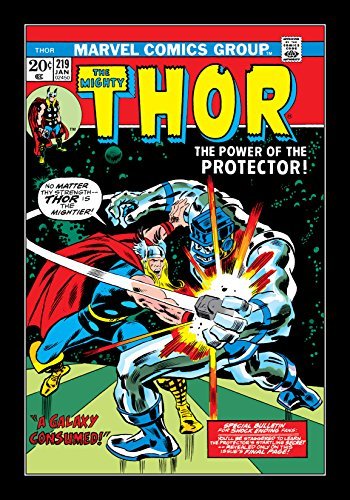
Thor (1966-1996) #219
1973
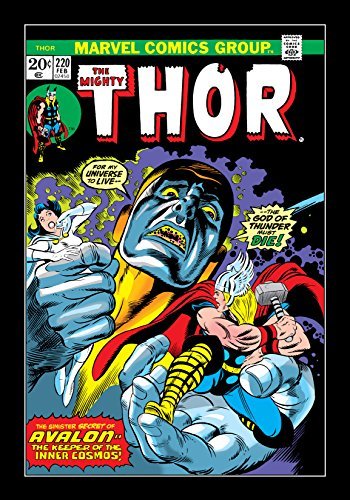
Thor (1966-1996) #220
1974
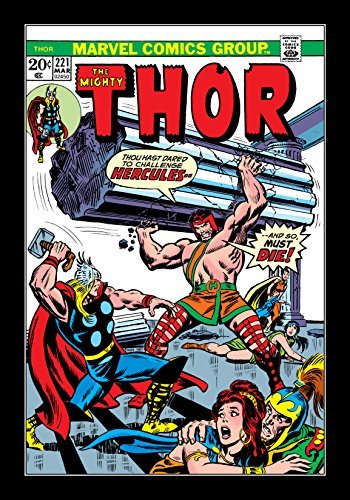
Thor (1966-1996) #221
2016
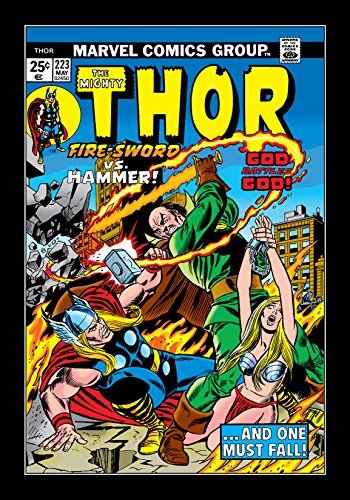
Thor (1966-1996) #223
1974
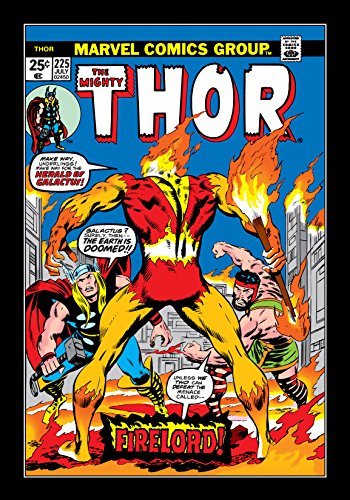
Thor (1966-1996) #225
2016
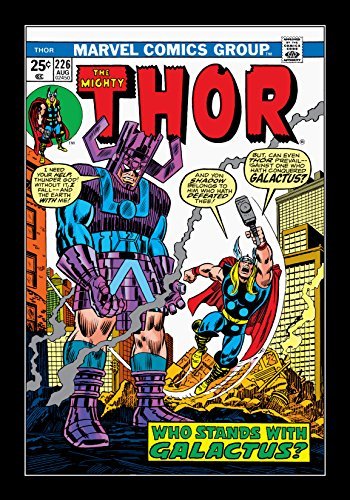
Thor (1966-1996) #226
2016
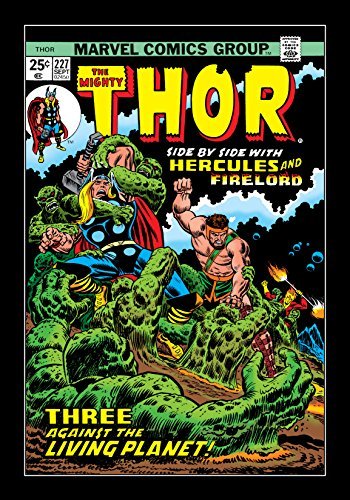
Thor (1966-1996) #227
2016
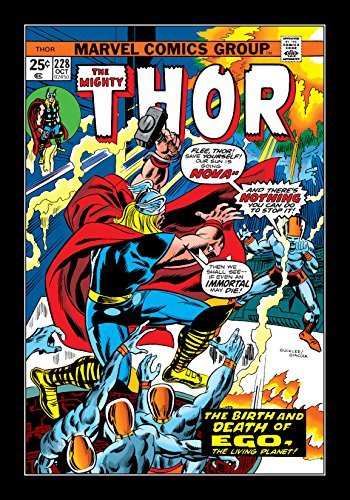
Thor (1966-1996) #228
1974
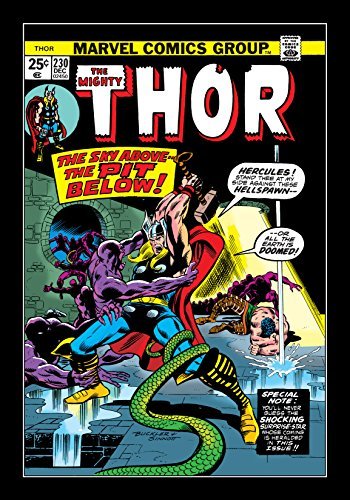
Thor (1966-1996) #230
1974
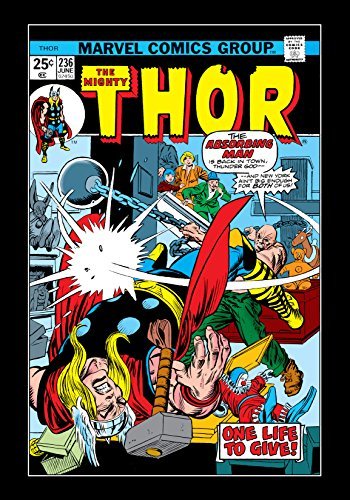
Thor (1966-1996) #236
2016
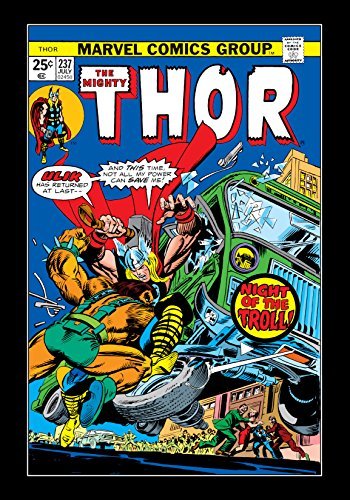
Thor (1966-1996) #237
1975
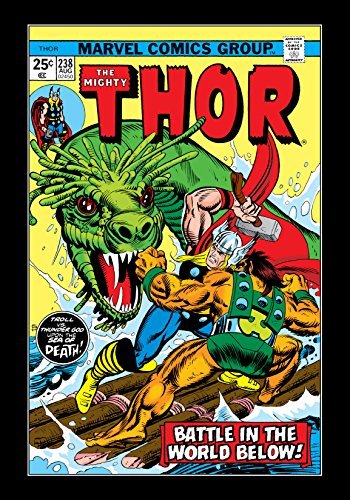
Thor (1966-1996) #238
2016
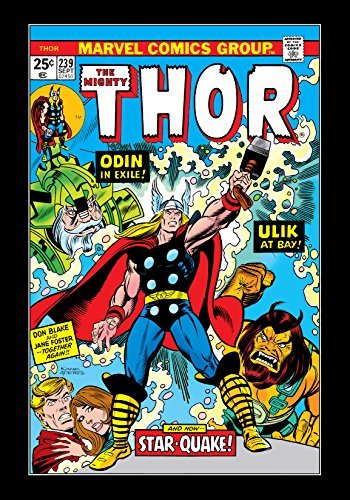
Thor (1966-1996) #239
2016
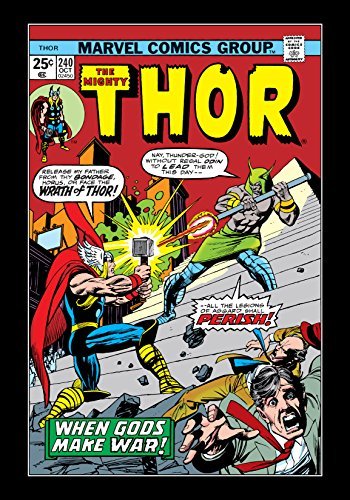
Thor (1966-1996) #240
2016
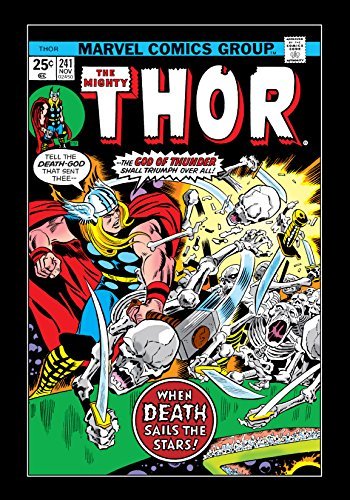
Thor (1966-1996) #241
2016
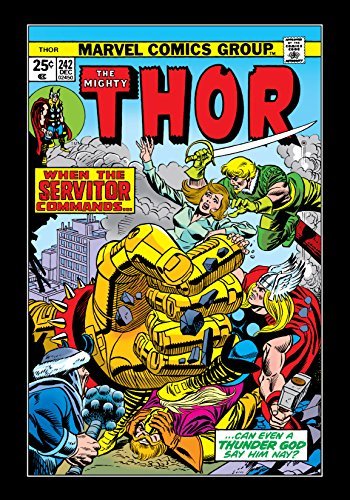
Thor (1966-1996) #242
2016
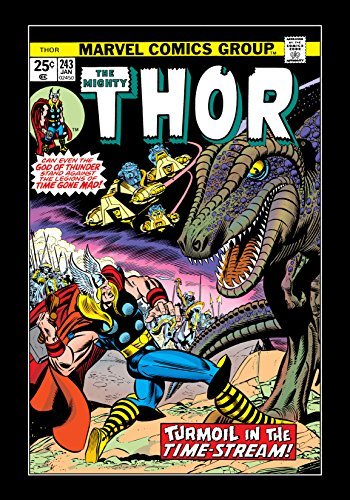
Thor (1966-1996) #243
1976
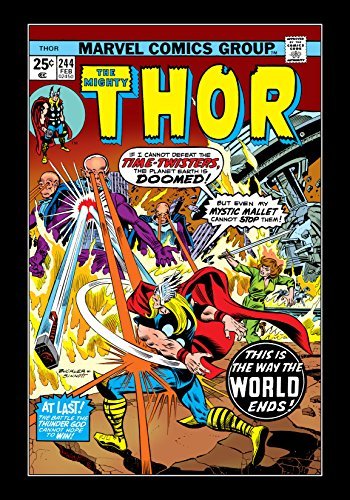
Thor (1966-1996) #244
1976
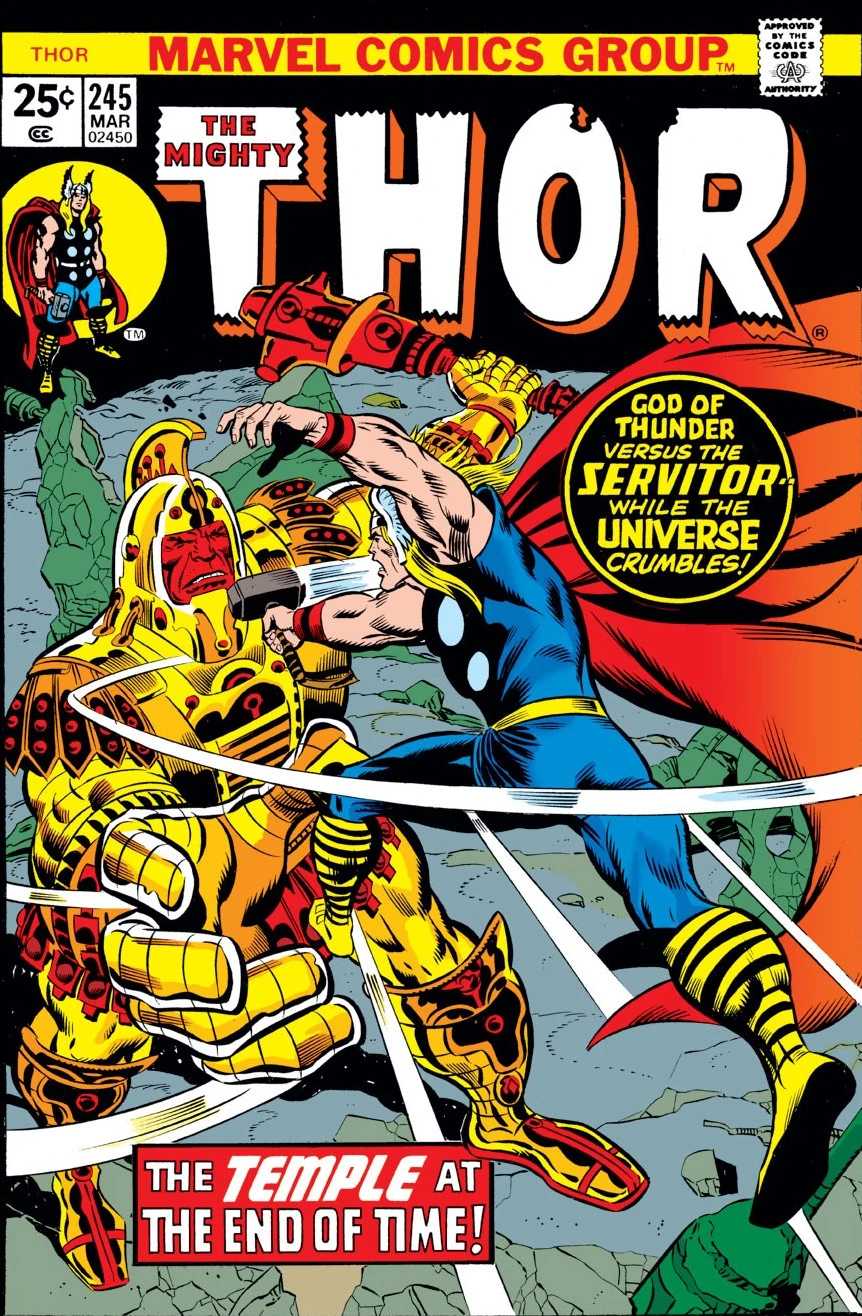
Thor (1966-1996) #245
2016
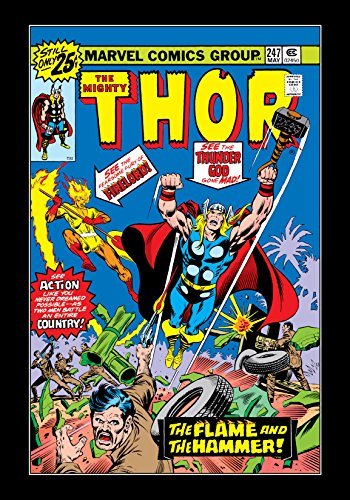
Thor (1966-1996) #247
2016
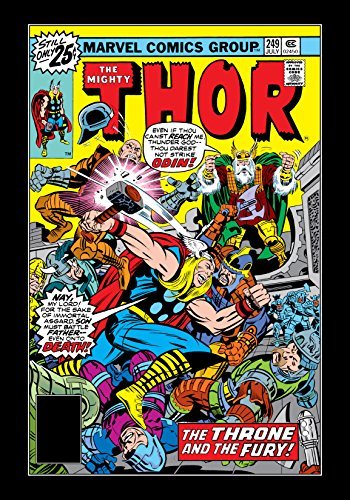
Thor (1966-1996) #249
1976
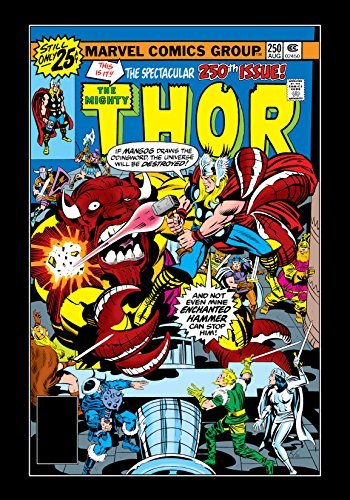
Thor (1966-1996) #250
2016
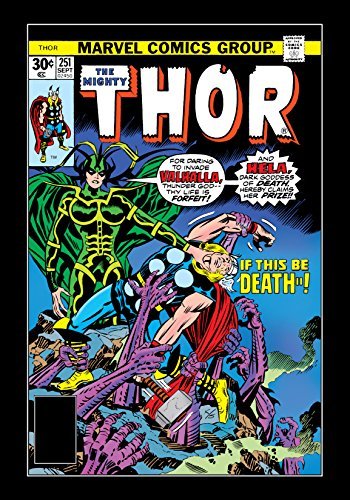
Thor (1966-1996) #251
1976
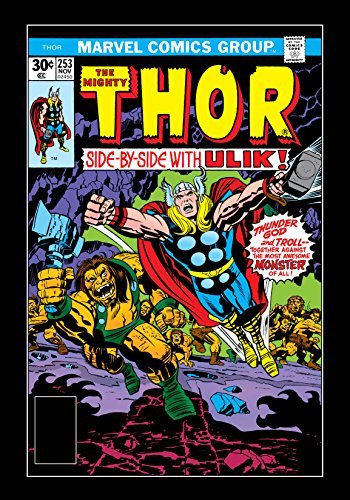
Thor (1966-1996) #253
2016
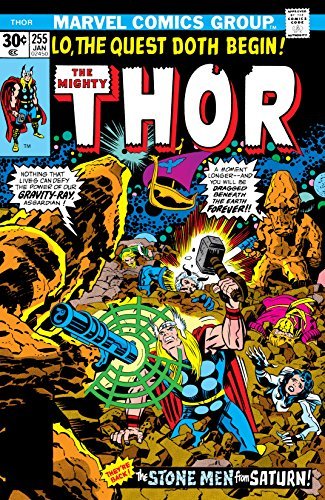
Thor (1966-1996) #255
2000
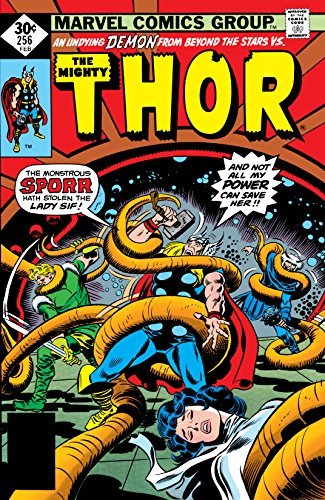
Thor (1966-1996) #256
1977
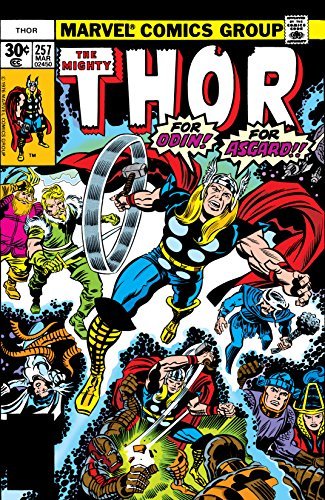
Thor (1966-1996) #257
1977
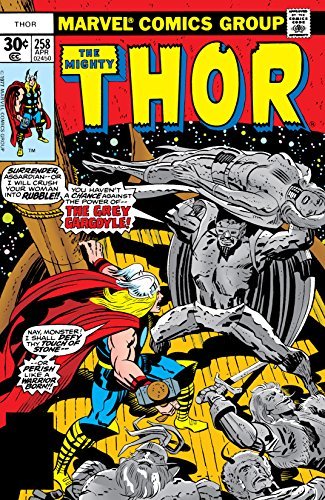
Thor (1966-1996) #258
2016
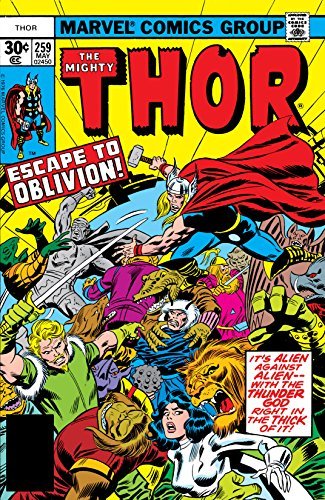
Thor (1966-1996) #259
2000
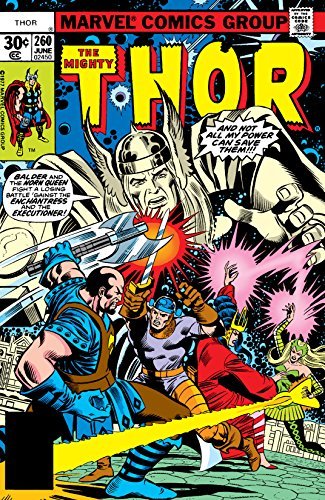
Thor (1966-1996) #260
2000
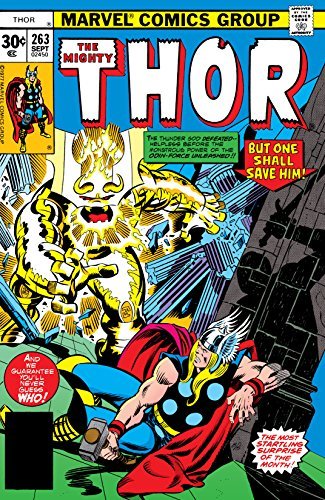
Thor (1966-1996) #263
1977

Avengers
Kang - Time And Time Again
2005
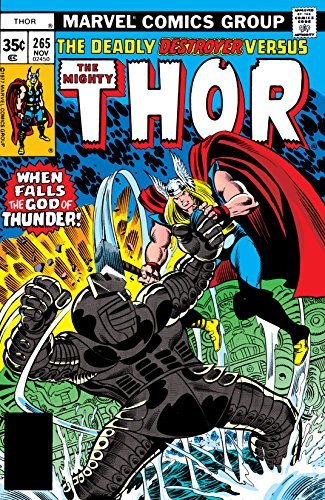
Thor (1966-1996) #265
2016
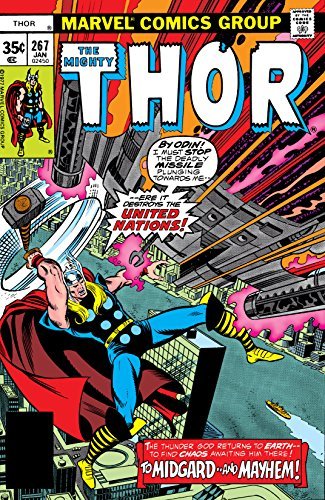
Thor (1966-1996) #267
2016
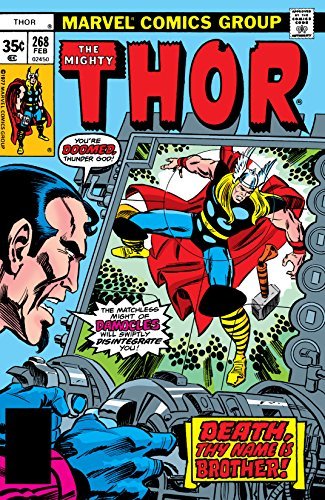
Thor (1966-1996) #268
1978
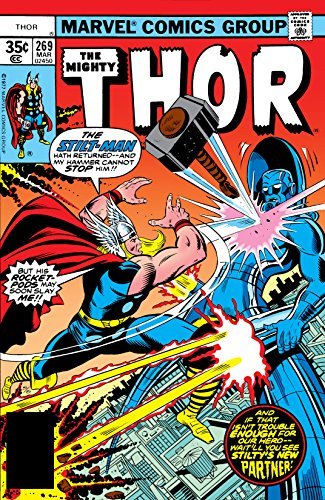
Thor (1966-1996) #269
2016
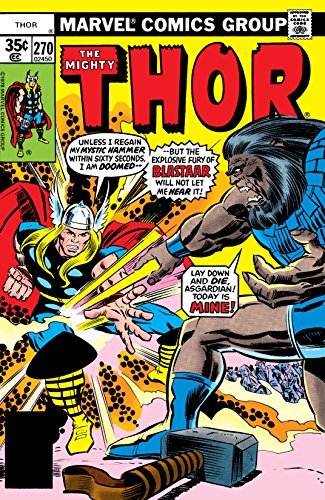
Thor (1966-1996) #270
2016
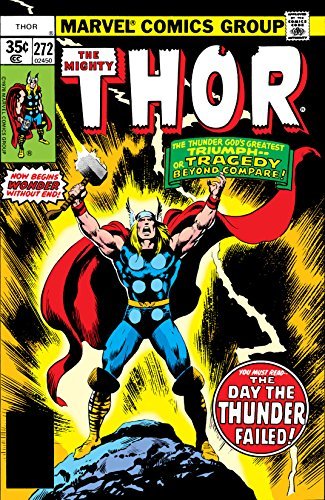
Thor (1966-1996) #272
2016
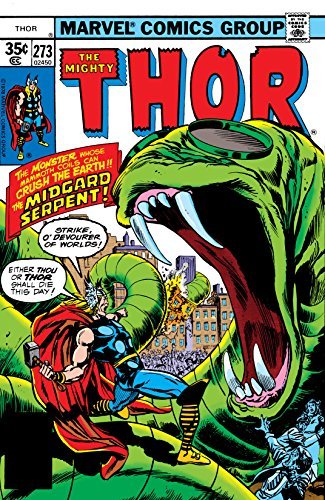
Thor (1966-1996) #273
2016
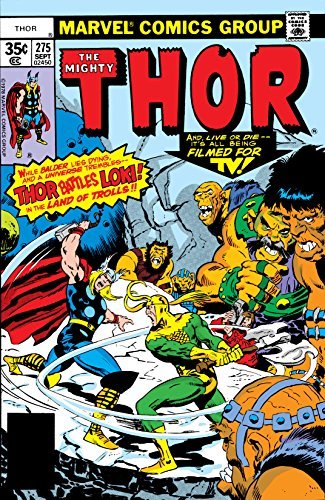
Thor (1966-1996) #275
2016
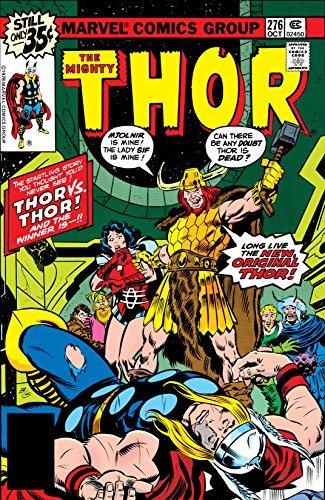
Thor (1966-1996) #276
2016
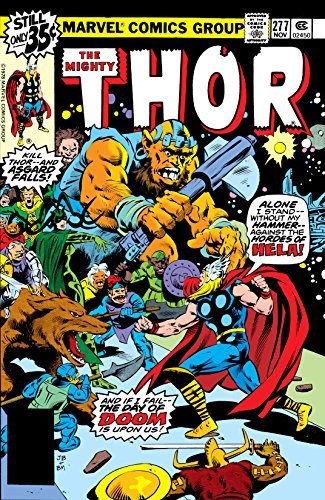
Thor (1966-1996) #277
2016
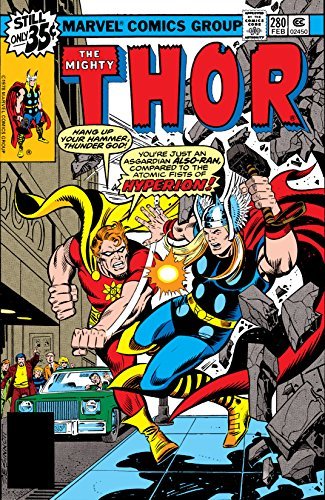
Thor (1966-1996) #280
2016
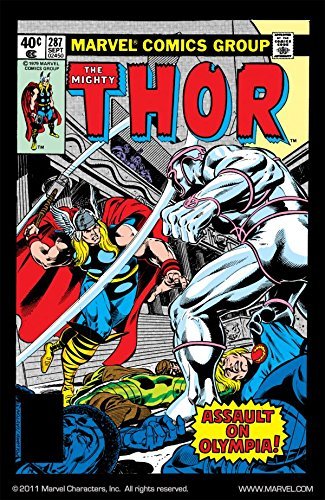
Thor (1966-1996) #287
1979
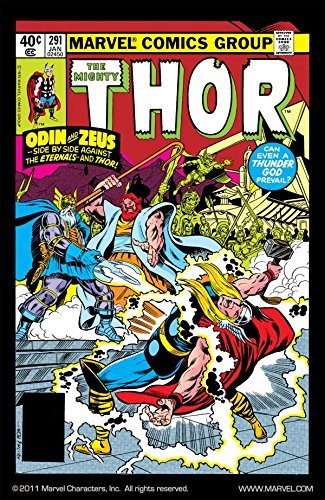
Thor (1966-1996) #291
1980
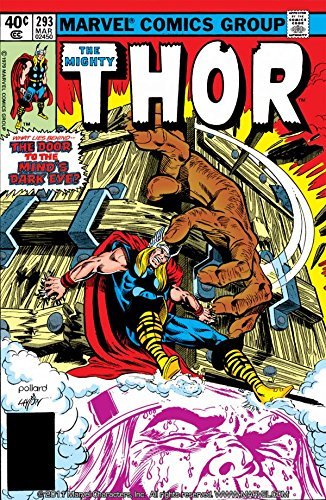
Thor (1966-1996) #293
1980
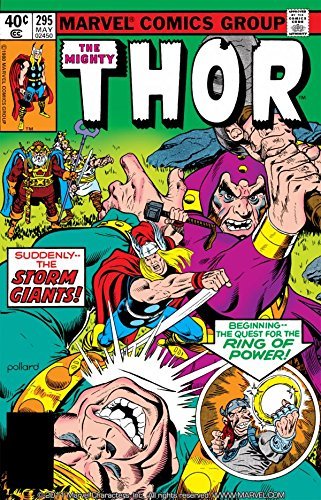
Thor (1966-1996) #295
1980
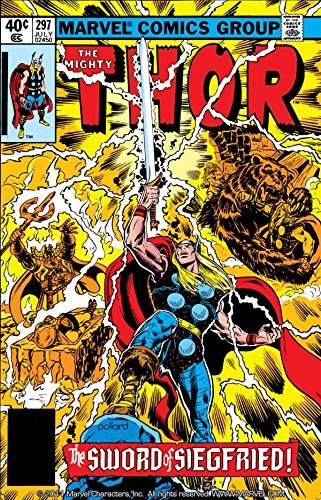
Thor (1966-1996) #297
1980
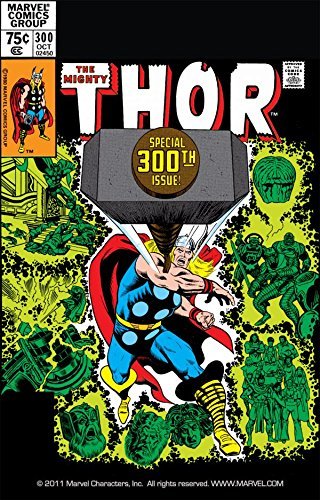
Thor (1966-1996) #300
1980
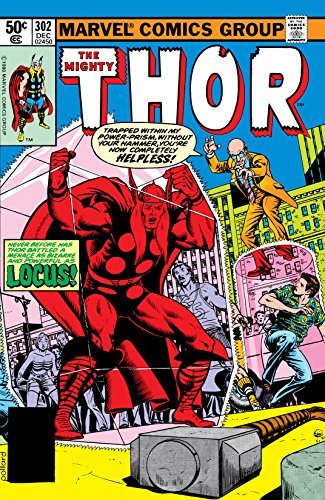
Thor (1966-1996) #302
2016
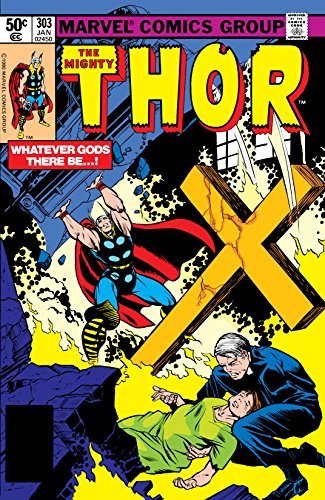
Thor (1966-1996) #303
1981
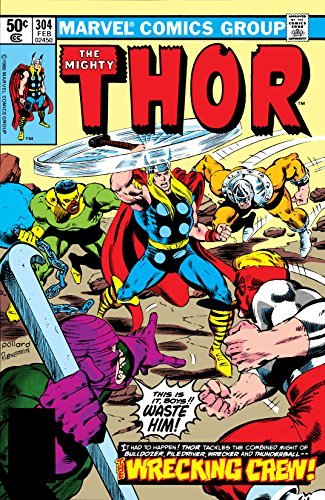
Thor (1966-1996) #304
1981
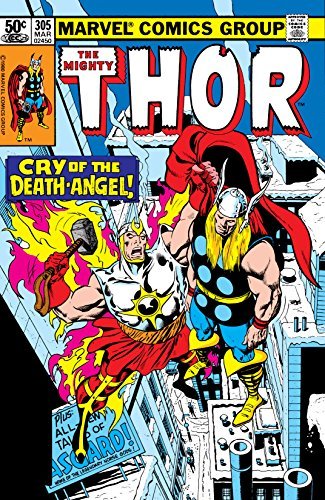
Thor (1966-1996) #305
1981
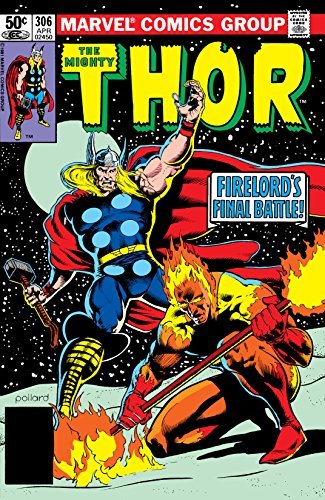
Thor (1966-1996) #306
1981
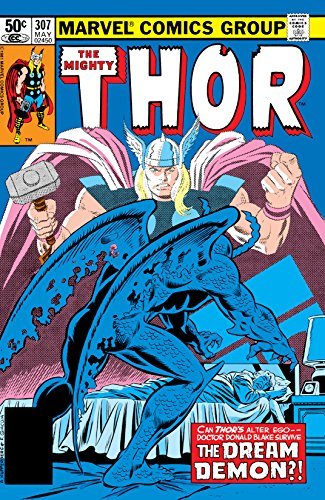
Thor (1966-1996) #307
1981
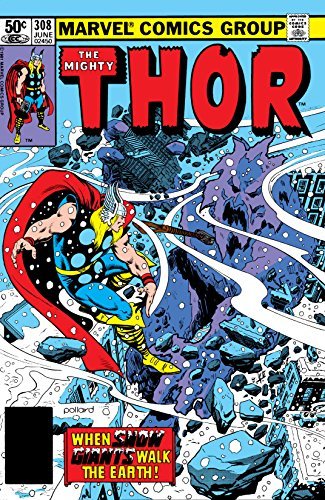
Thor (1966-1996) #308
1981
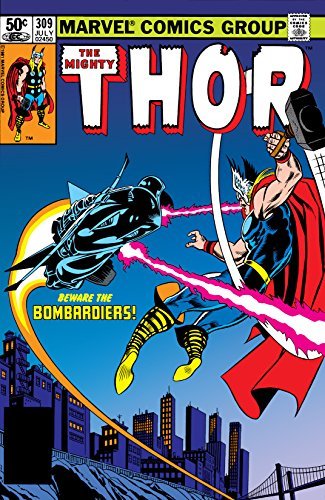
Thor (1966-1996) #309
2016
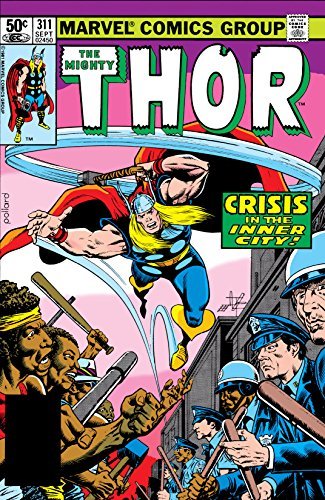
Thor (1966-1996) #311
1981
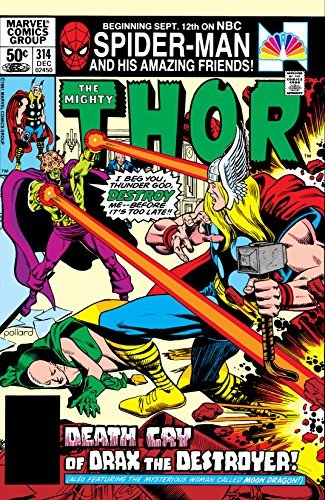
Thor (1966-1996) #314
2016
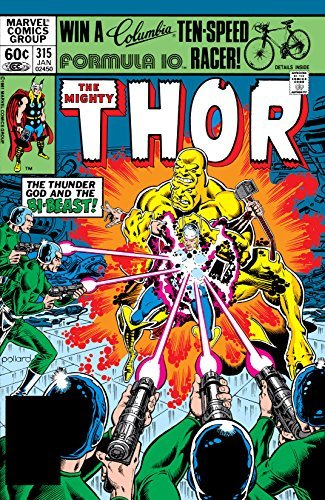
Thor (1966-1996) #315
1981
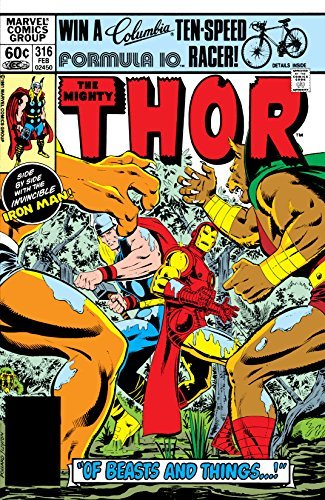
Thor (1966-1996) #316
1982
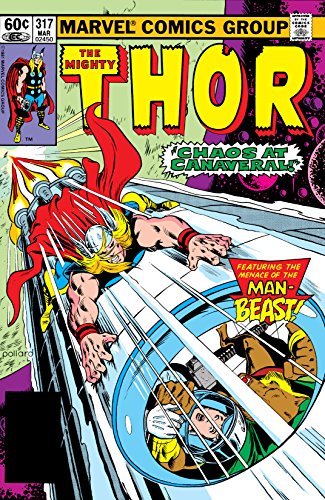
Thor (1966-1996) #317
2016
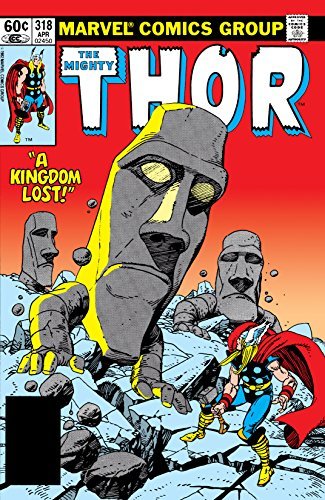
Thor (1966-1996) #318
2016
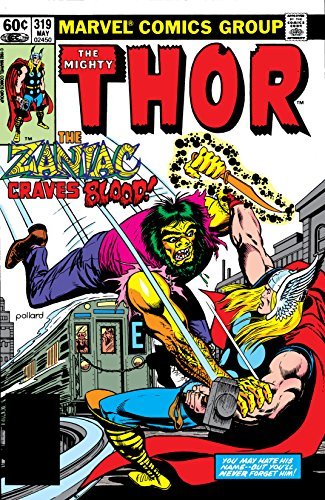
Thor (1966-1996) #319
1982
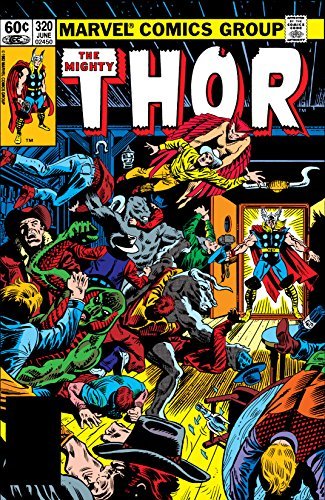
Thor (1966-1996) #320
1982
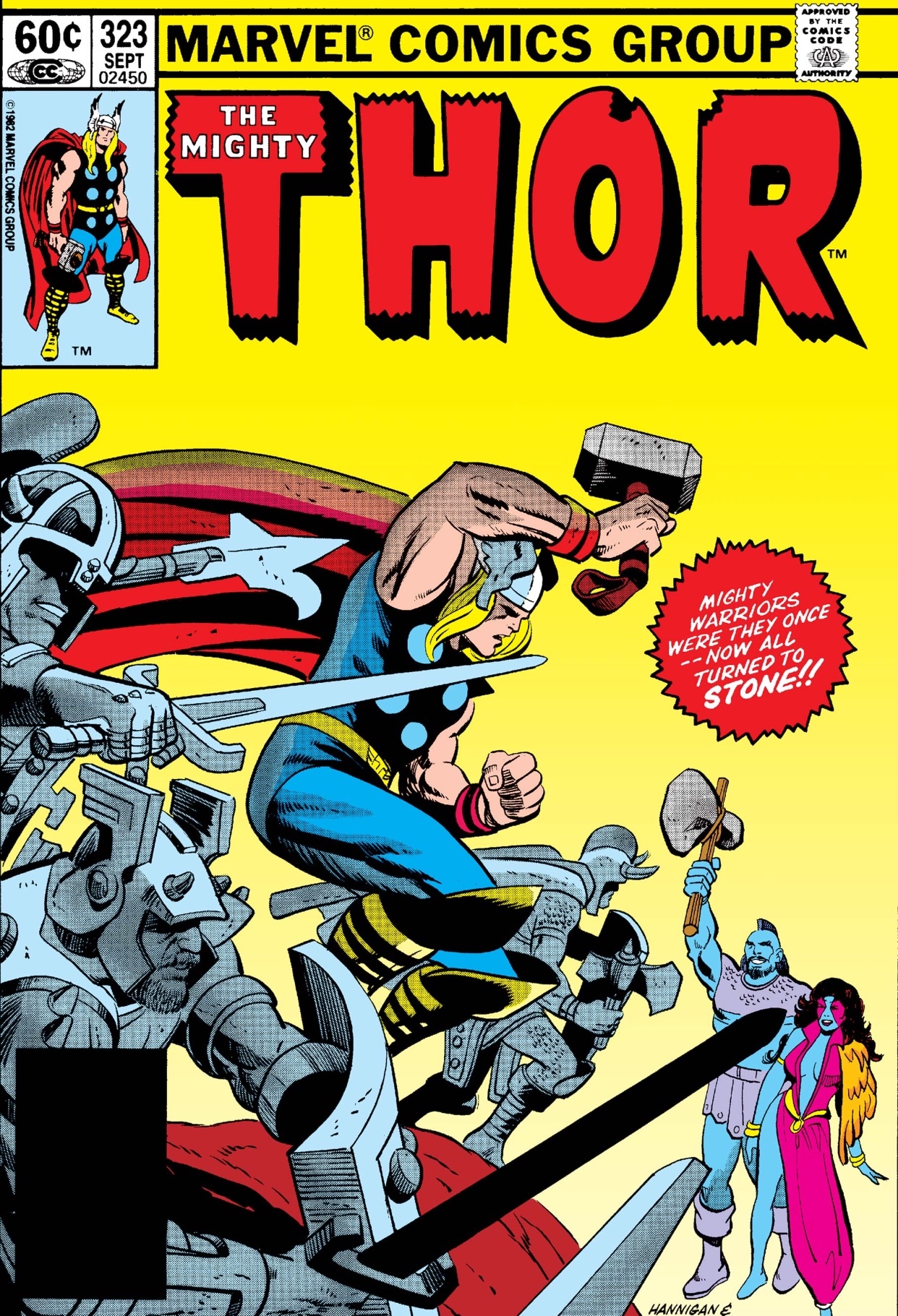
Thor (1966-1996) #323
1982
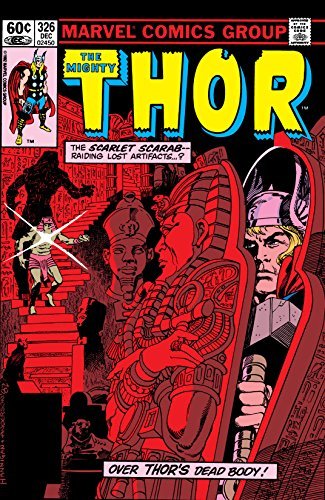
Thor (1966-1996) #326
1982
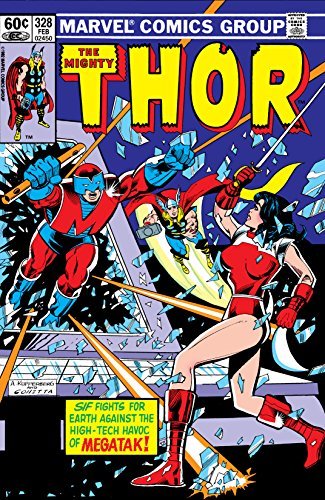
Thor (1966-1996) #328
1983
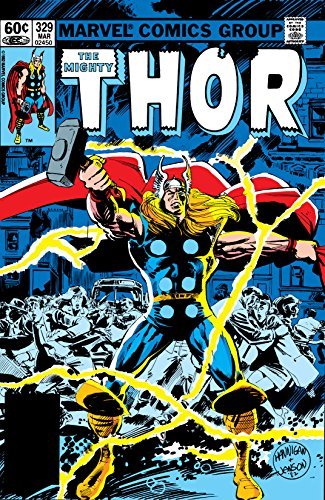
Thor (1966-1996) #329
1983
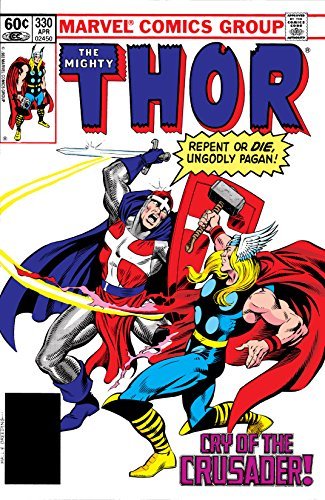
Thor (1966-1996) #330
1983
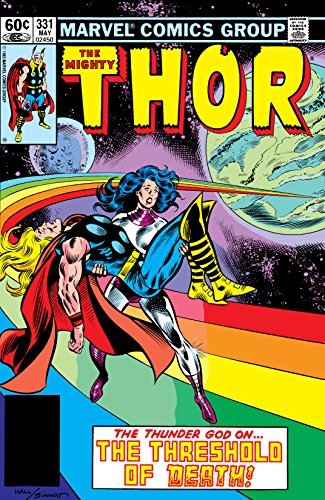
Thor (1966-1996) #331
1983
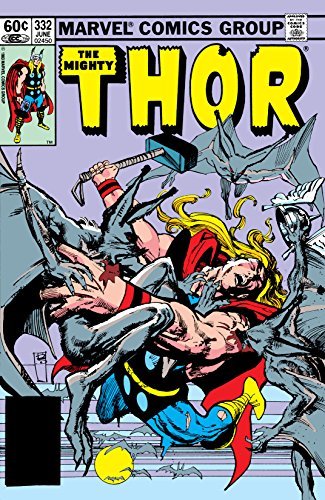
Thor (1966-1996) #332
1983
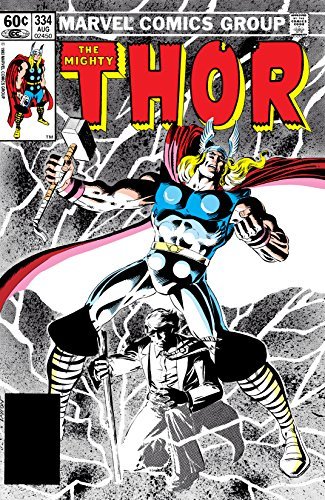
Thor (1966-1996) #334
1983
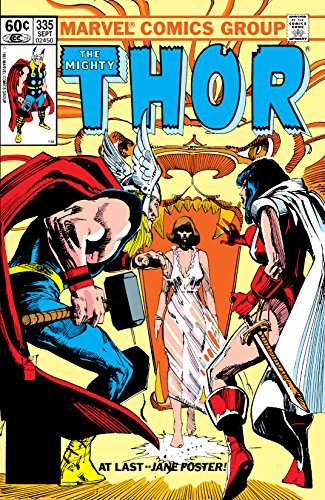
Thor (1966-1996) #335
1983
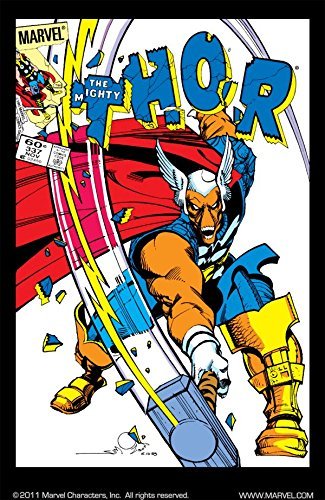
Thor (1966-1996) #337
1983
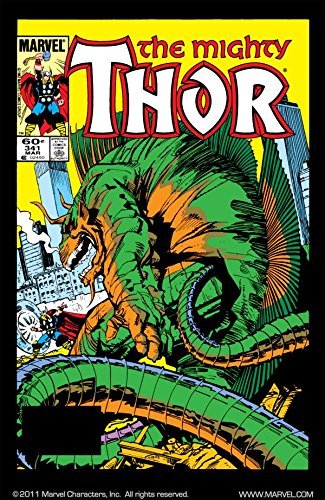
Thor (1966-1996) #341
1984

Thor (1966-1996) #342
1984
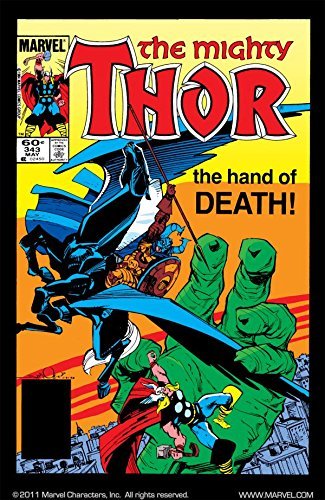
Thor (1966-1996) #343
1984
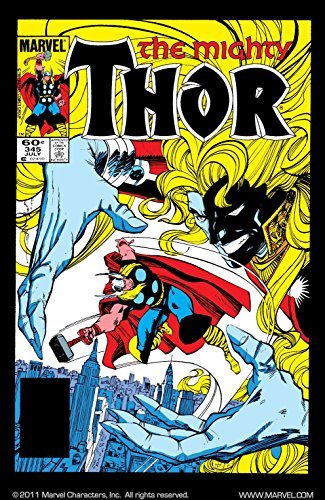
Thor (1966-1996) #345
1984

Thor (1966-1996) #346
1984
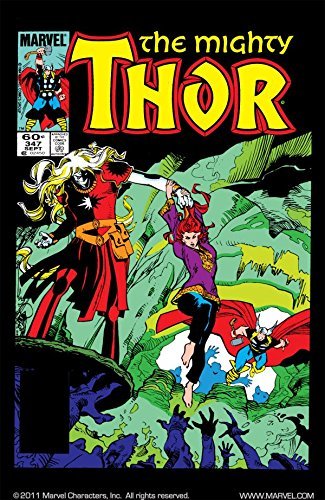
Thor (1966-1996) #347
1984
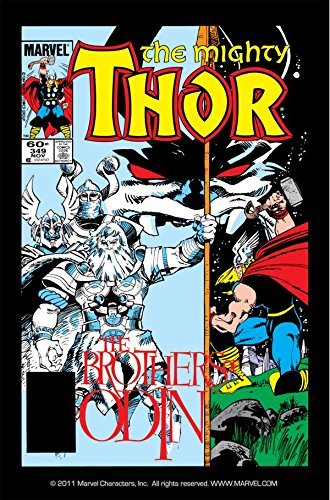
Thor (1966-1996) #349
1984
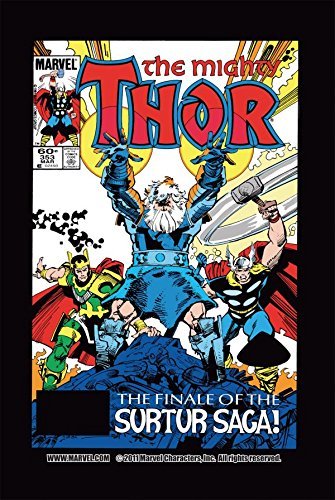
Thor (1966-1996) #353
1985

Thor (1966-1996) #355
1985
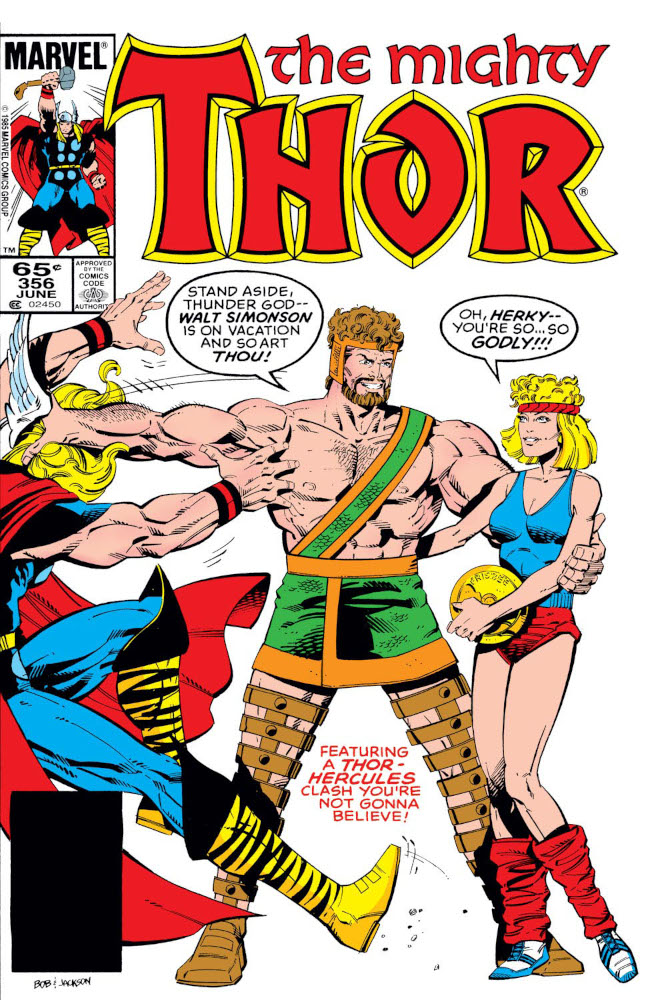
Thor (1966-1996) #356
1985
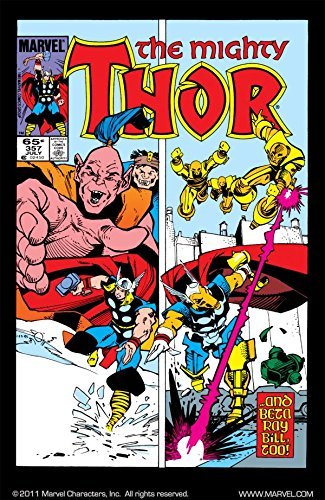
Thor (1966-1996) #357
1985
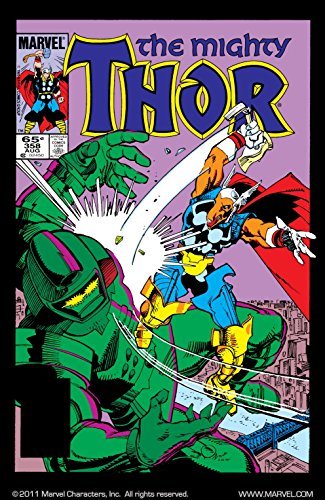
Thor (1966-1996) #358
1985
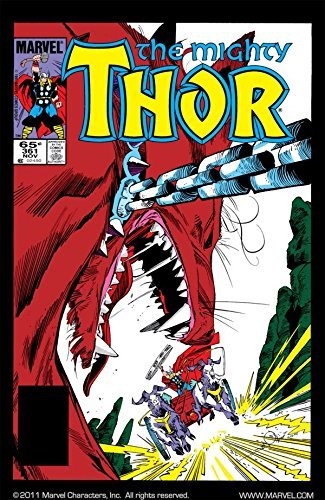
Thor (1966-1996) #361
1985
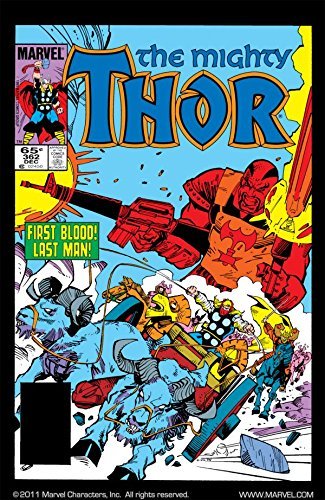
Thor (1966-1996) #362
1985
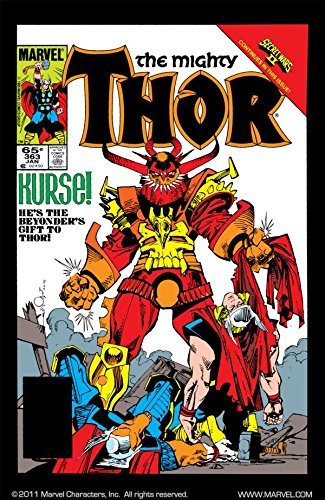
Thor (1966-1996) #363
1986
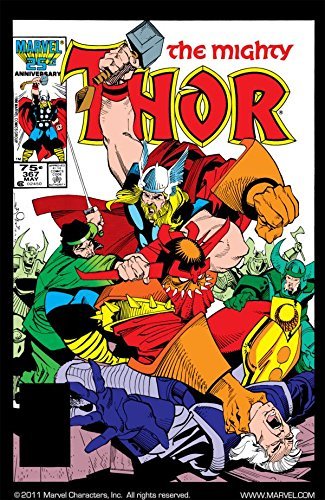
Thor (1966-1996) #367
1986
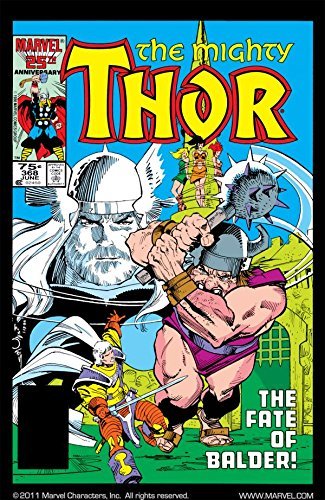
Thor (1966-1996) #368
1686
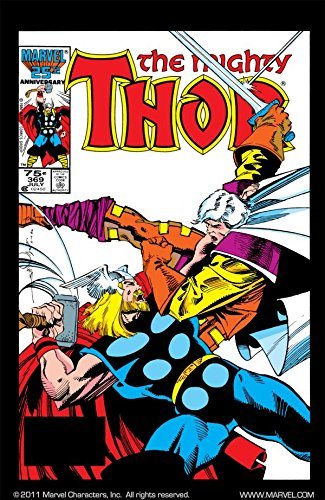
Thor (1966-1996) #369
1986
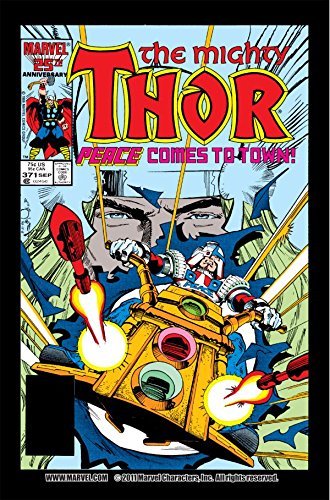
Thor (1966-1996) #371
1986
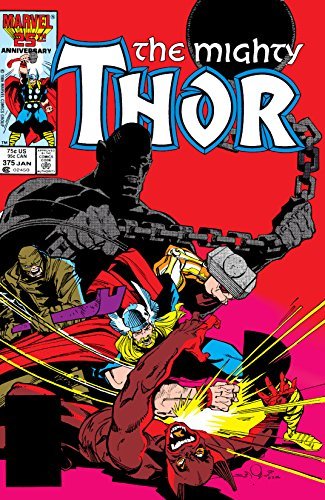
Thor (1966-1996) #375
1986
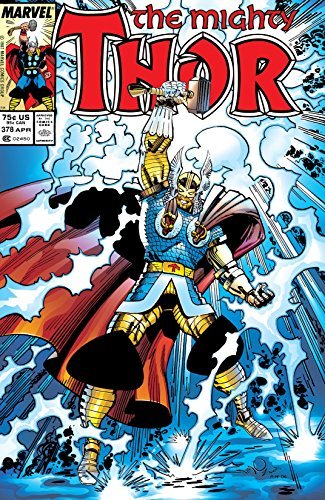
Thor (1966-1996) #378
1987
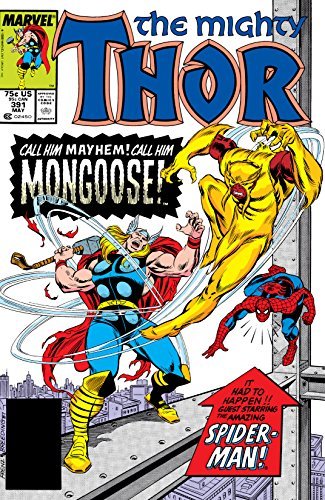
Thor (1966-1996) #391
1988
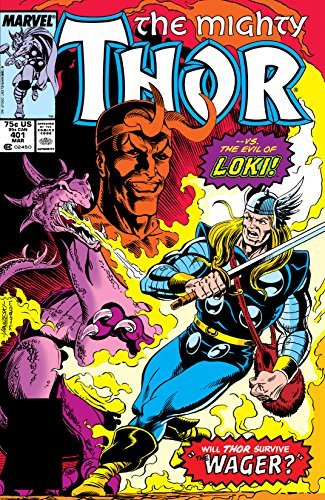
Thor (1966-1996) #401
2016
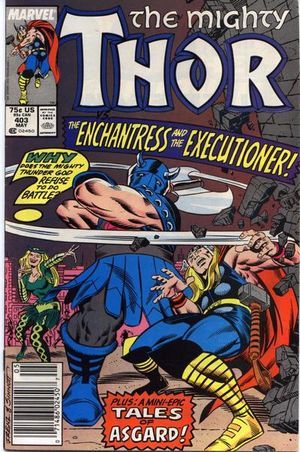
Thor (1966-1996) #403
1989
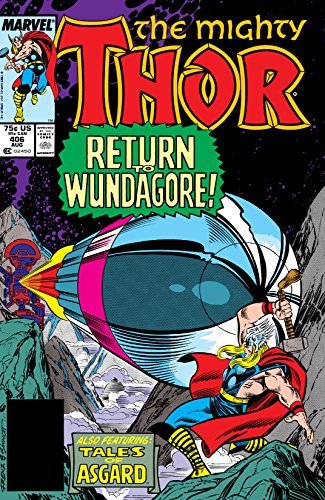
Thor (1966-1996) #406
1989
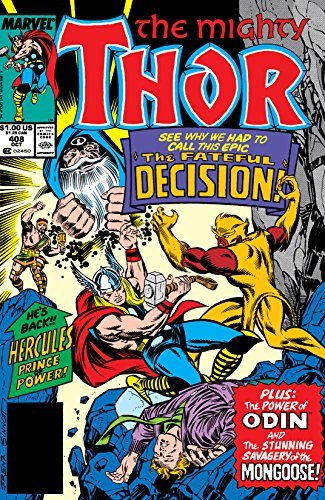
Thor (1966-1996) #408
2016
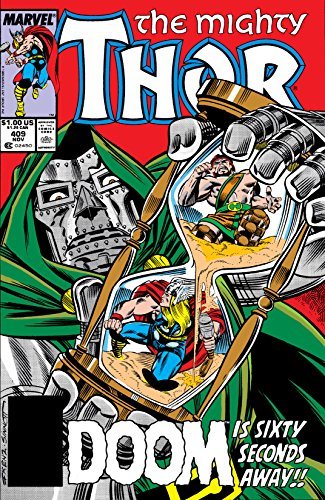
Thor (1966-1996) #409
2016
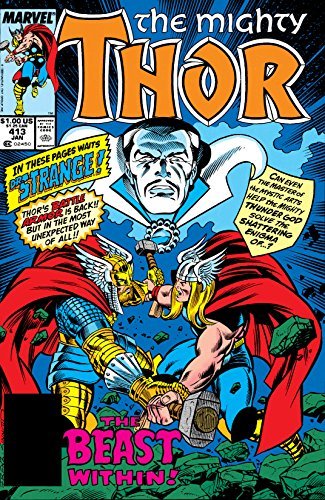
Thor (1966-1996) #413
1990
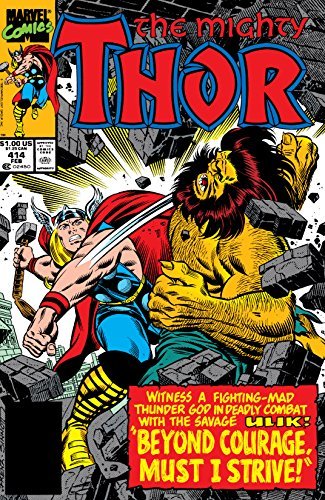
Thor (1966-1996) #414
2016
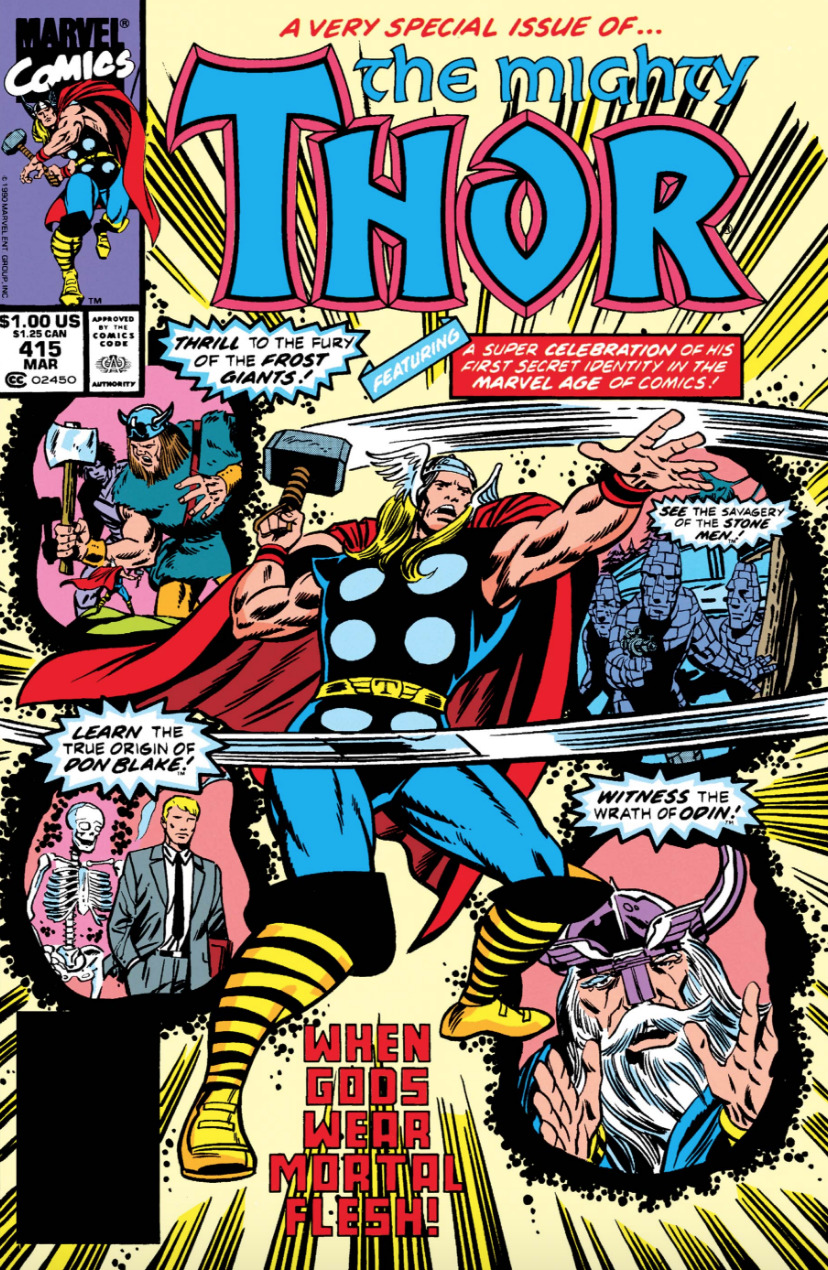
Thor (1966-1996) #415
1999
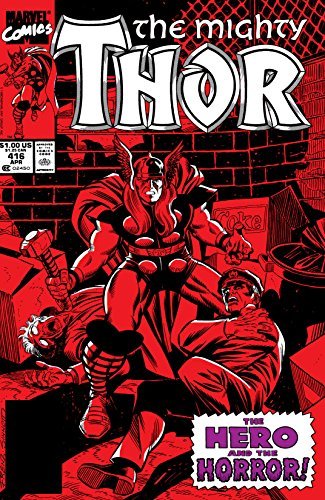
Thor (1966-1996) #416
1999
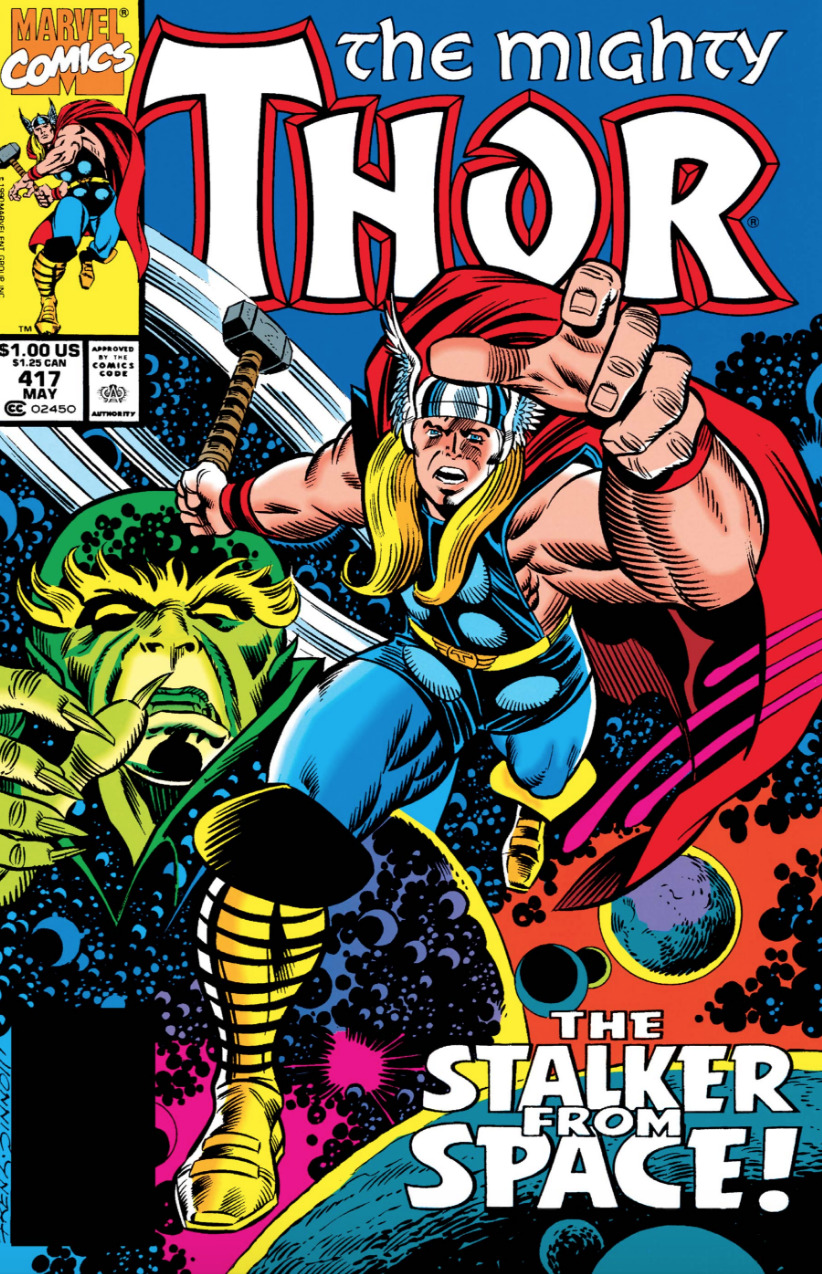
Thor (1966-1996) #417
1999
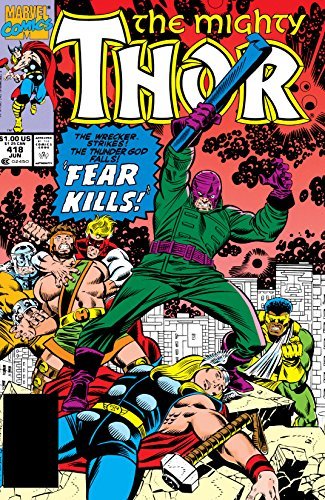
Thor (1966-1996) #418
2016
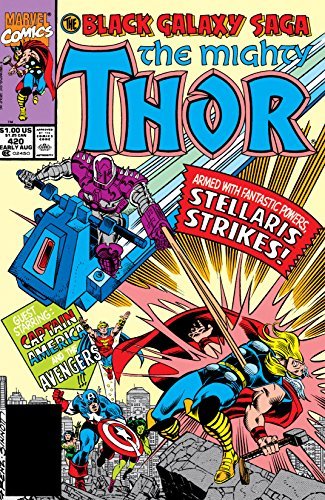
Thor (1966-1996) #420
2016
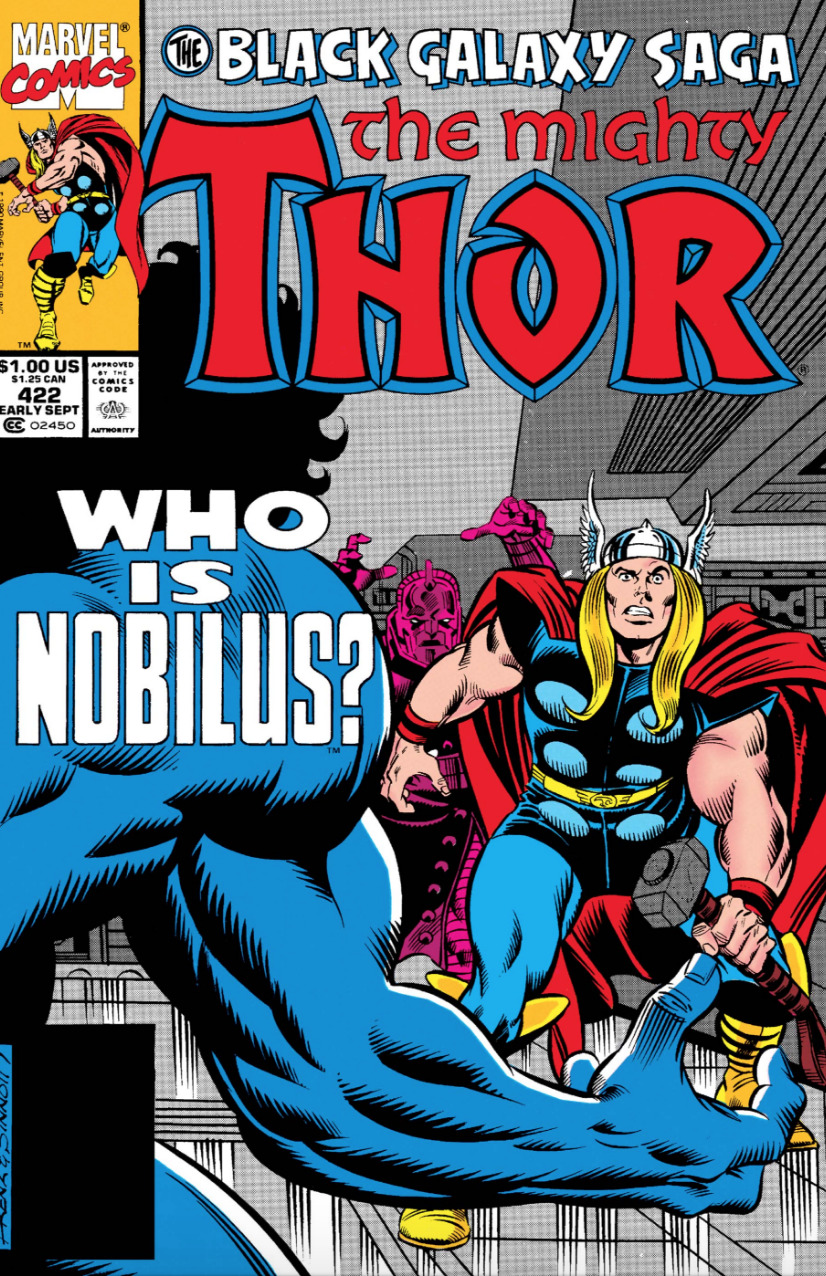
Thor (1966-1996) #422
1990
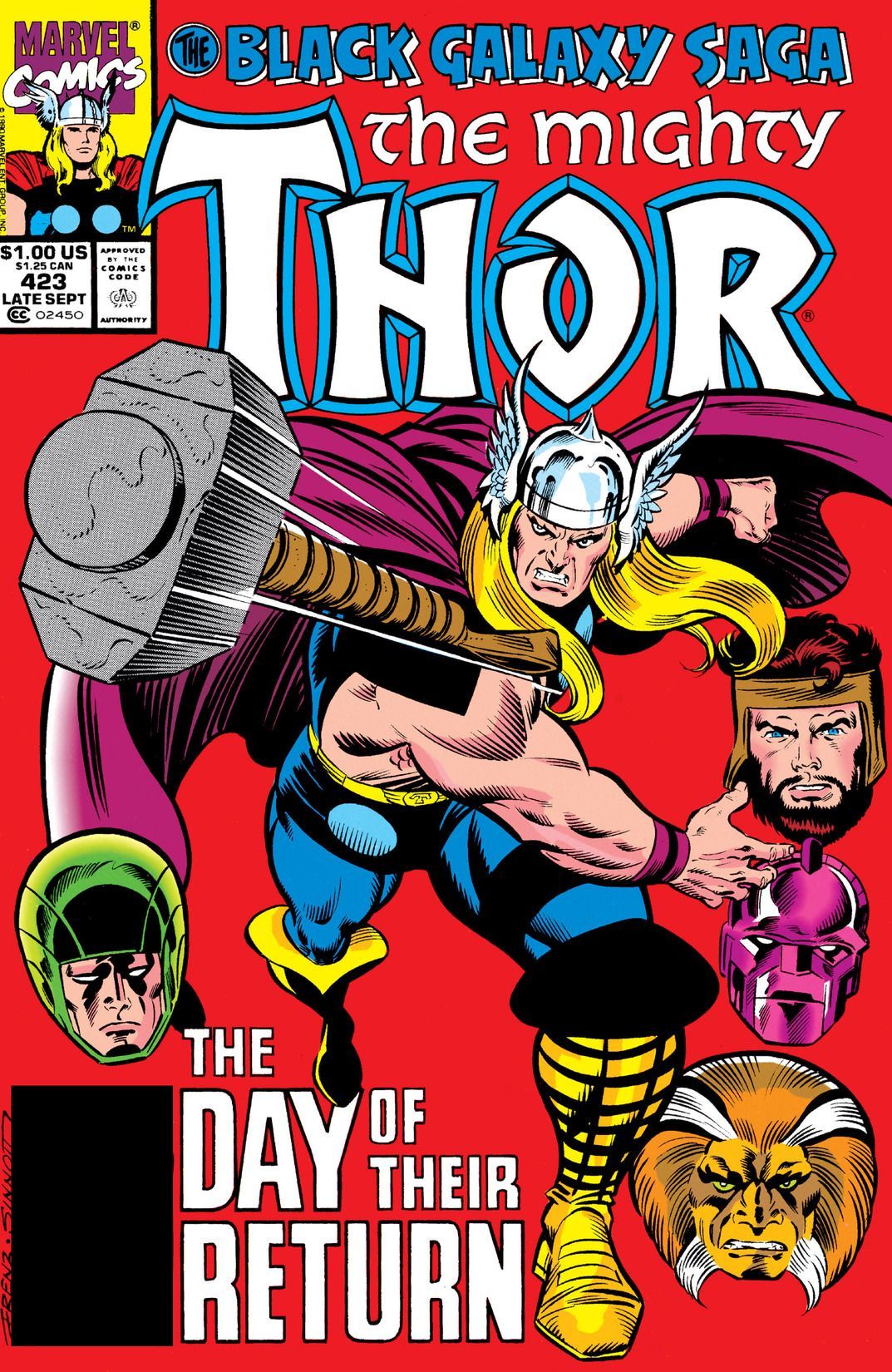
Thor (1966-1996) #423
1990
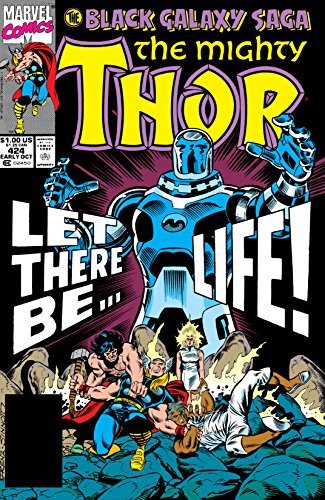
Thor (1966-1996) #424
2016
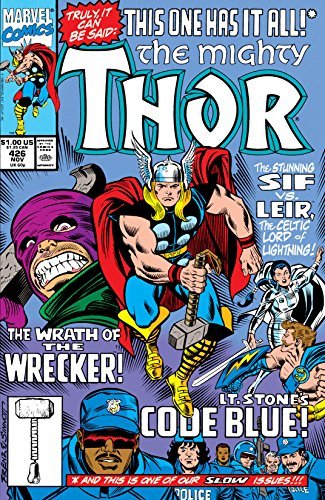
Thor (1966-1996) #426
2016
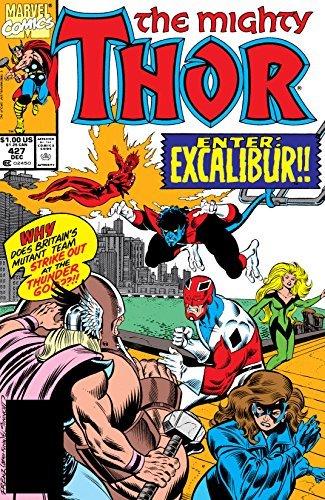
Thor (1966-1996) #427
1990

Thor (1966-1996) #430
1991
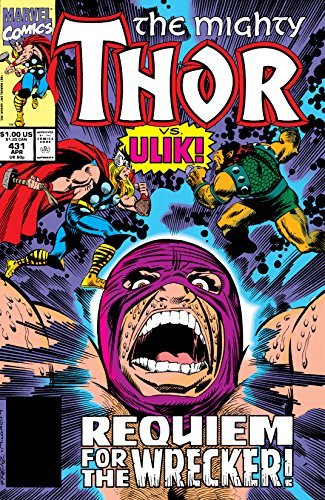
Thor (1966-1996) #431
2016
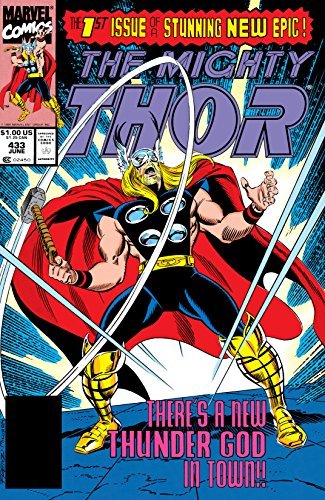
Thor (1966-1996) #433
2016
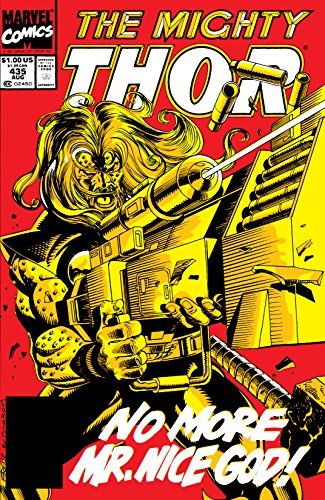
Thor (1966-1996) #435
1991
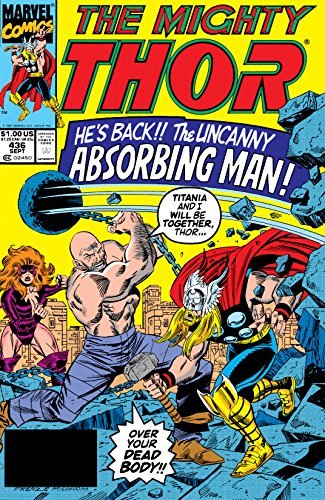
Thor (1966-1996) #436
2016
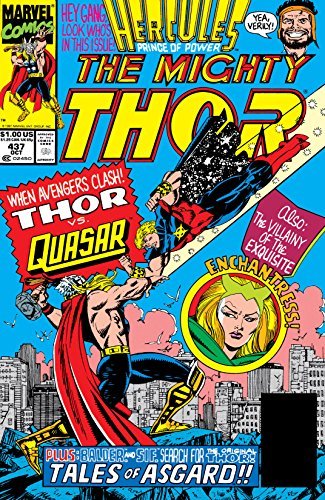
Thor (1966-1996) #437
2016
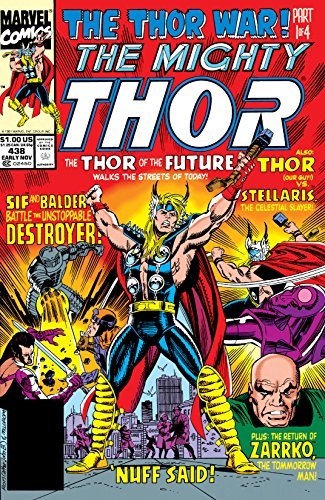
Thor (1966-1996) #438
2016
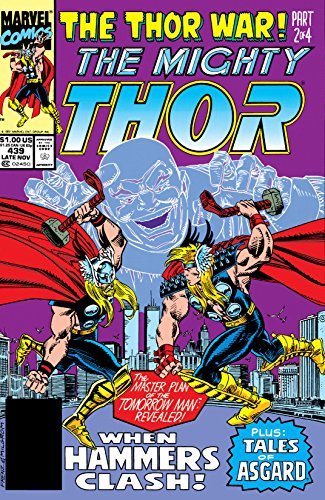
Thor (1966-1996) #439
2016
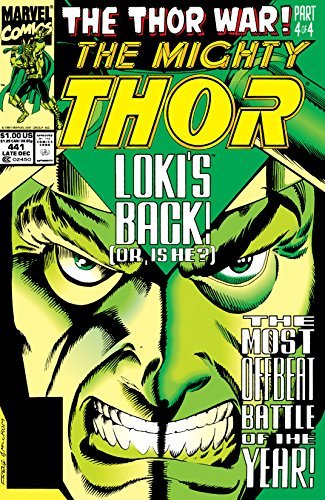
Thor (1966-1996) #441
2016
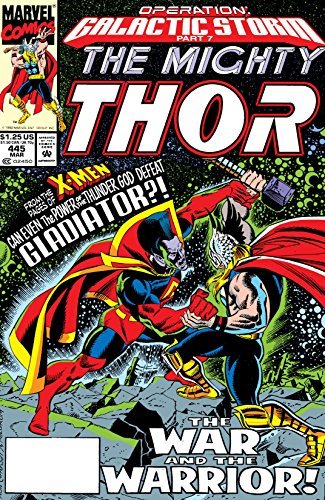
Thor (1966-1996) #445
2015
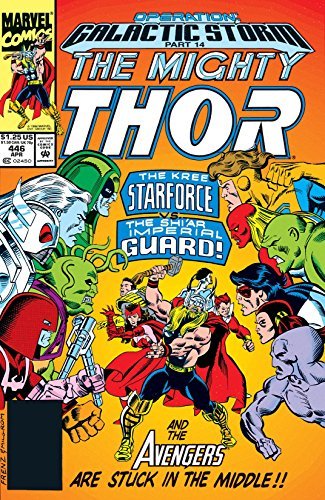
Thor (1966-1996) #446
2015
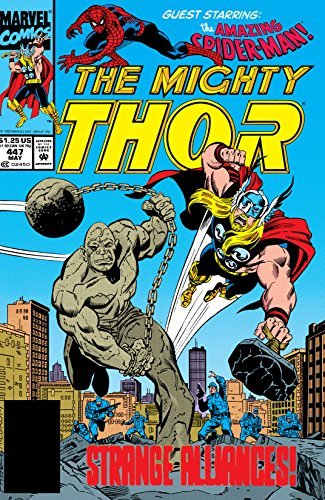
Thor (1966-1996) #447
2016
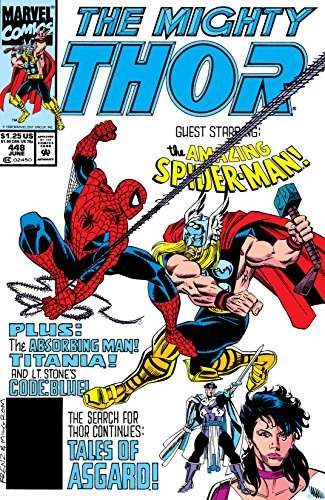
Thor (1966-1996) #448
2016
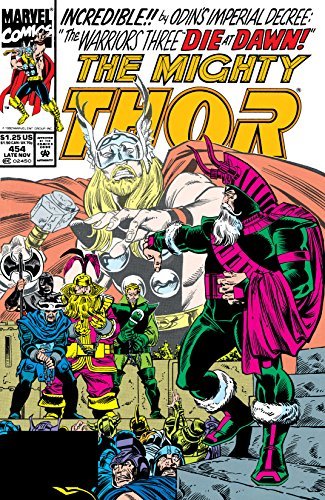
Thor (1966-1996) #454
2016
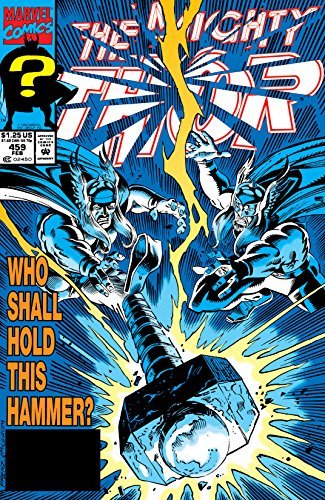
Thor (1966-1996) #459
2016
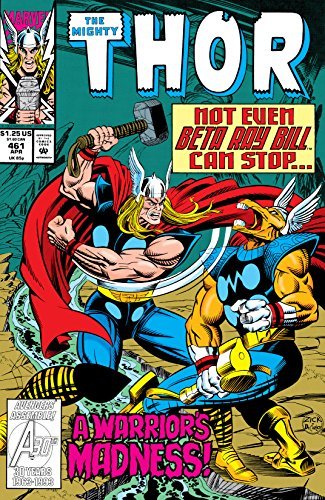
Thor (1966-1996) #461
1993
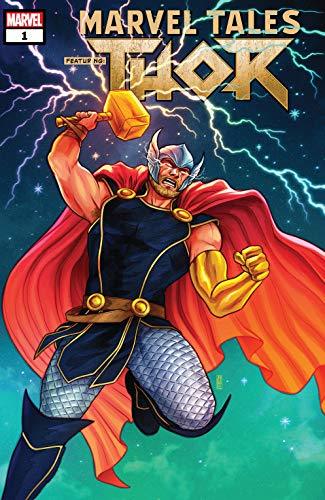
Marvel Tales
Thor #1
2019
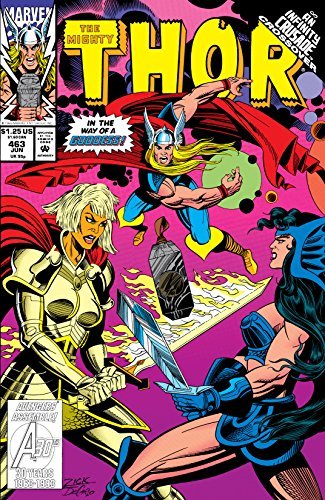
Thor (1966-1996) #463
1993
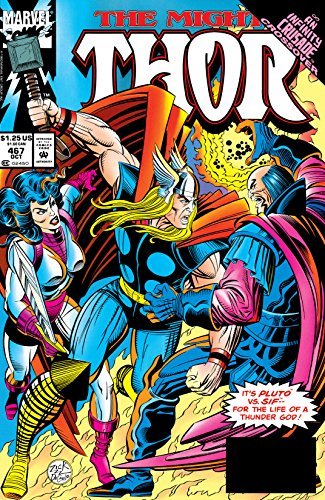
Thor (1966-1996) #467
1993
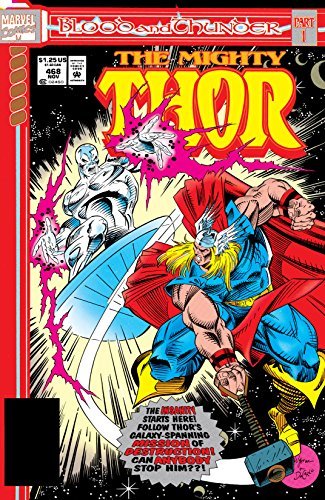
Thor (1966-1996) #468
1993
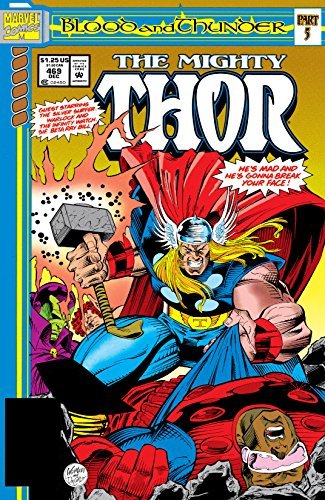
Thor (1966-1996) #469
1993
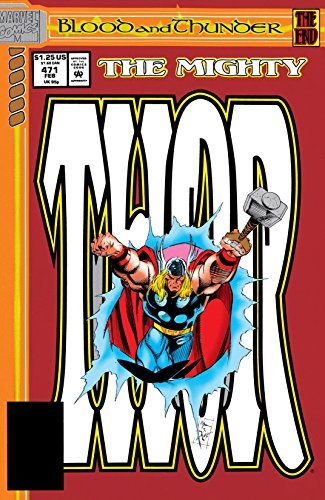
Thor (1966-1996) #471
1994
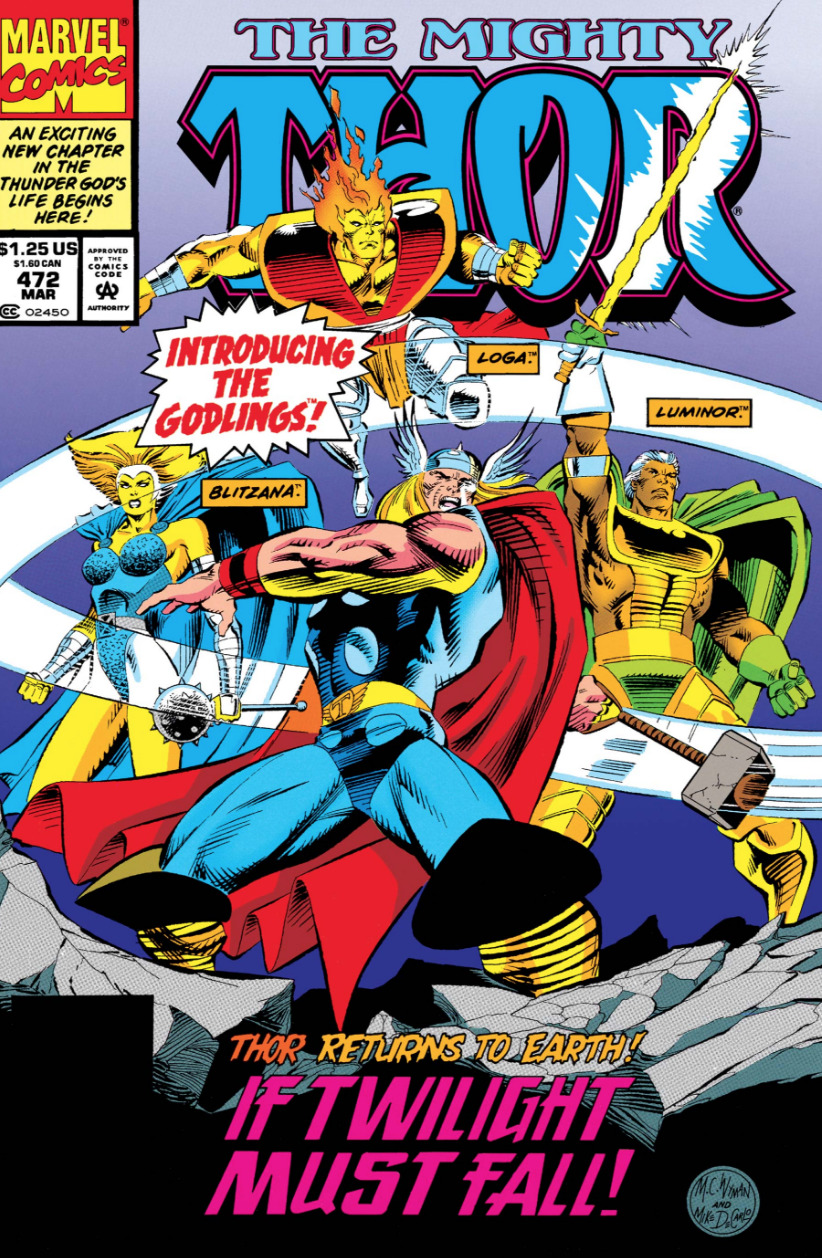
Thor (1966-1996) #472
1994
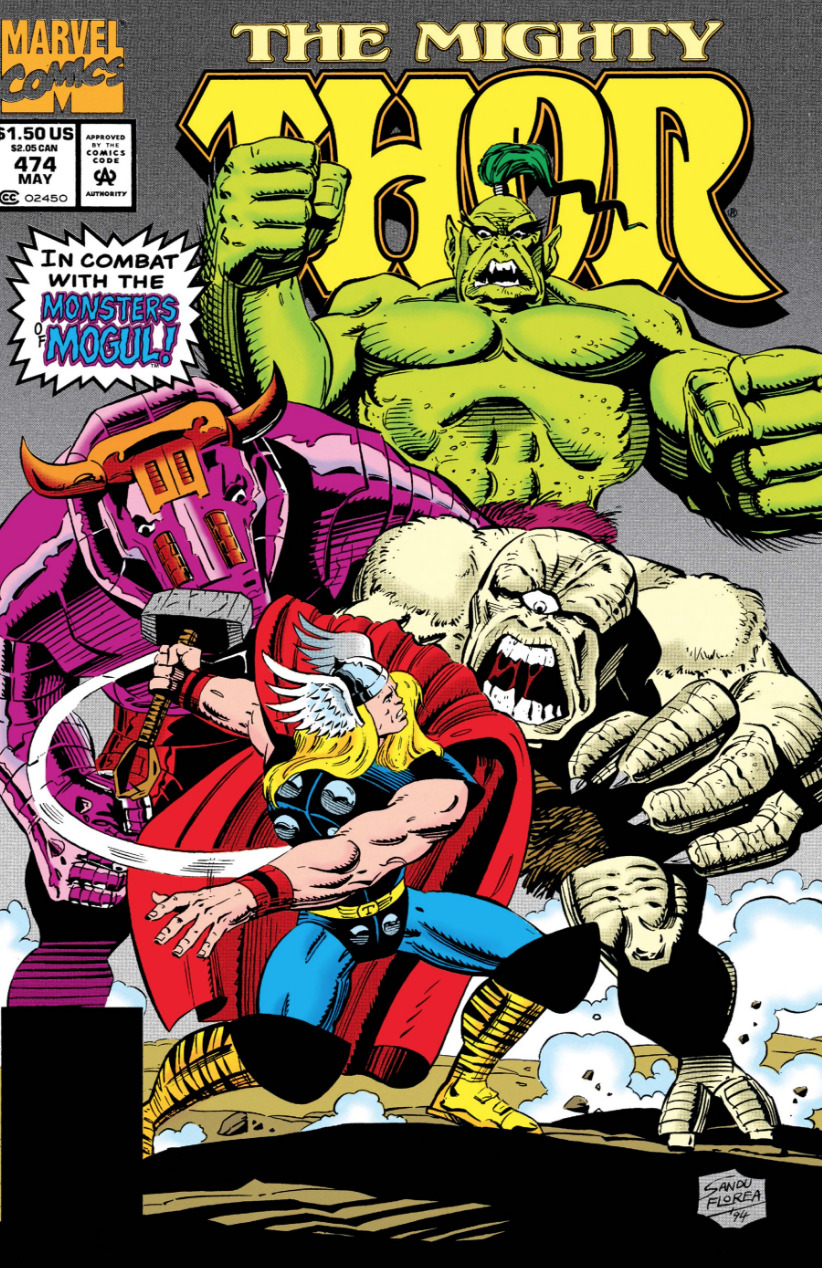
Thor (1966-1996) #474
1994
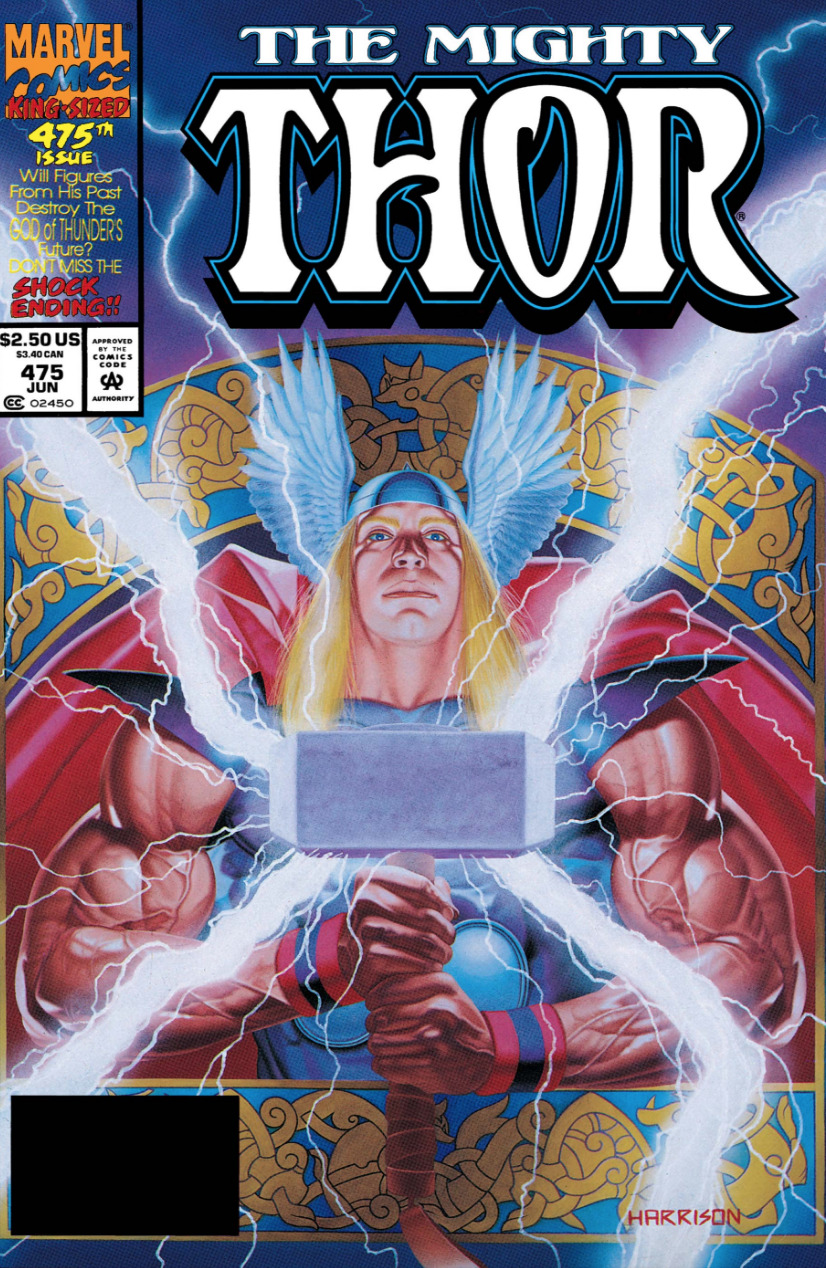
Thor (1966-1996) #475
1994
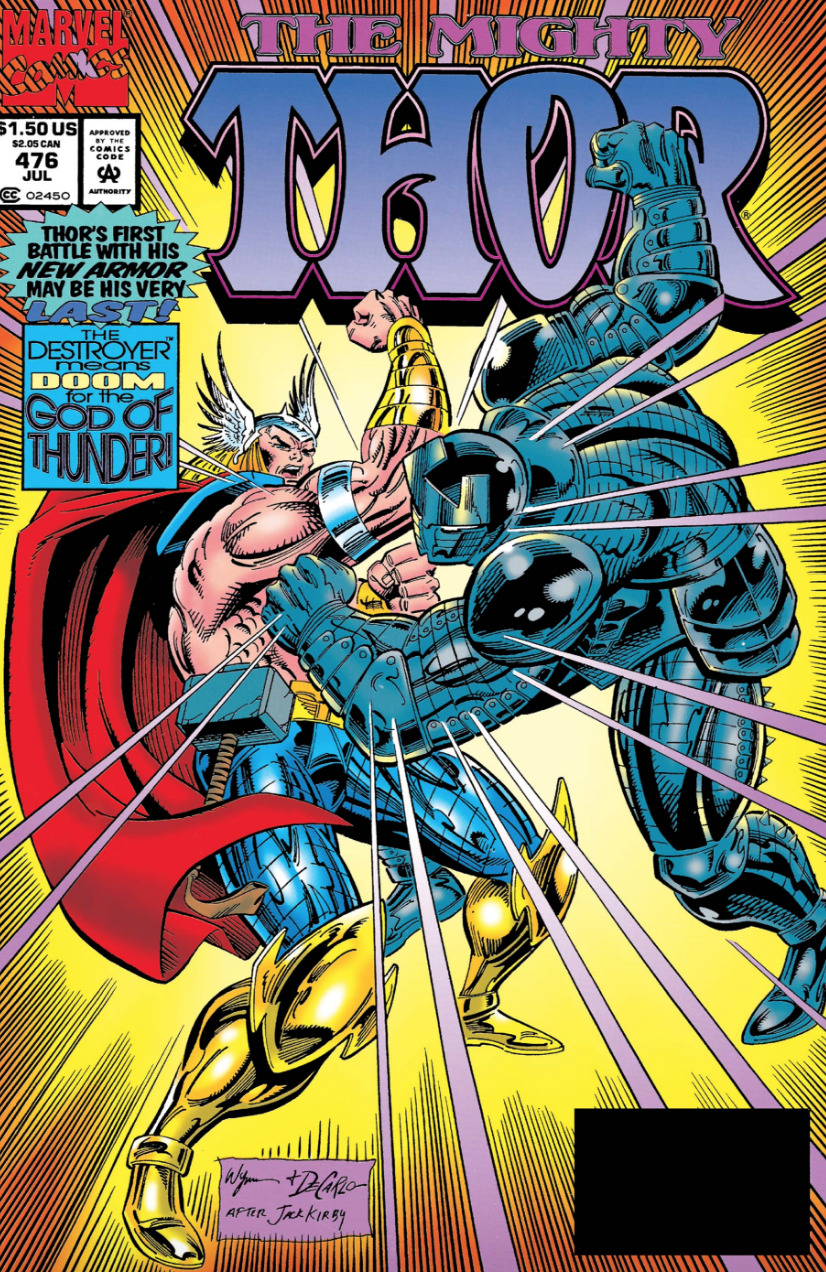
Thor (1966-1996) #476
1994
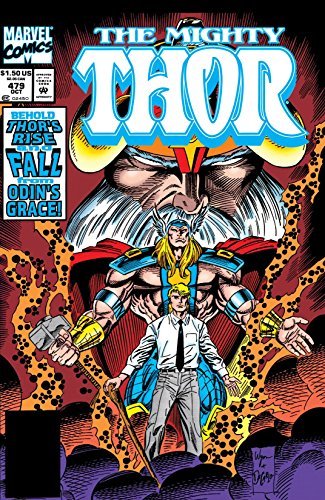
Thor (1966-1996) #479
1994
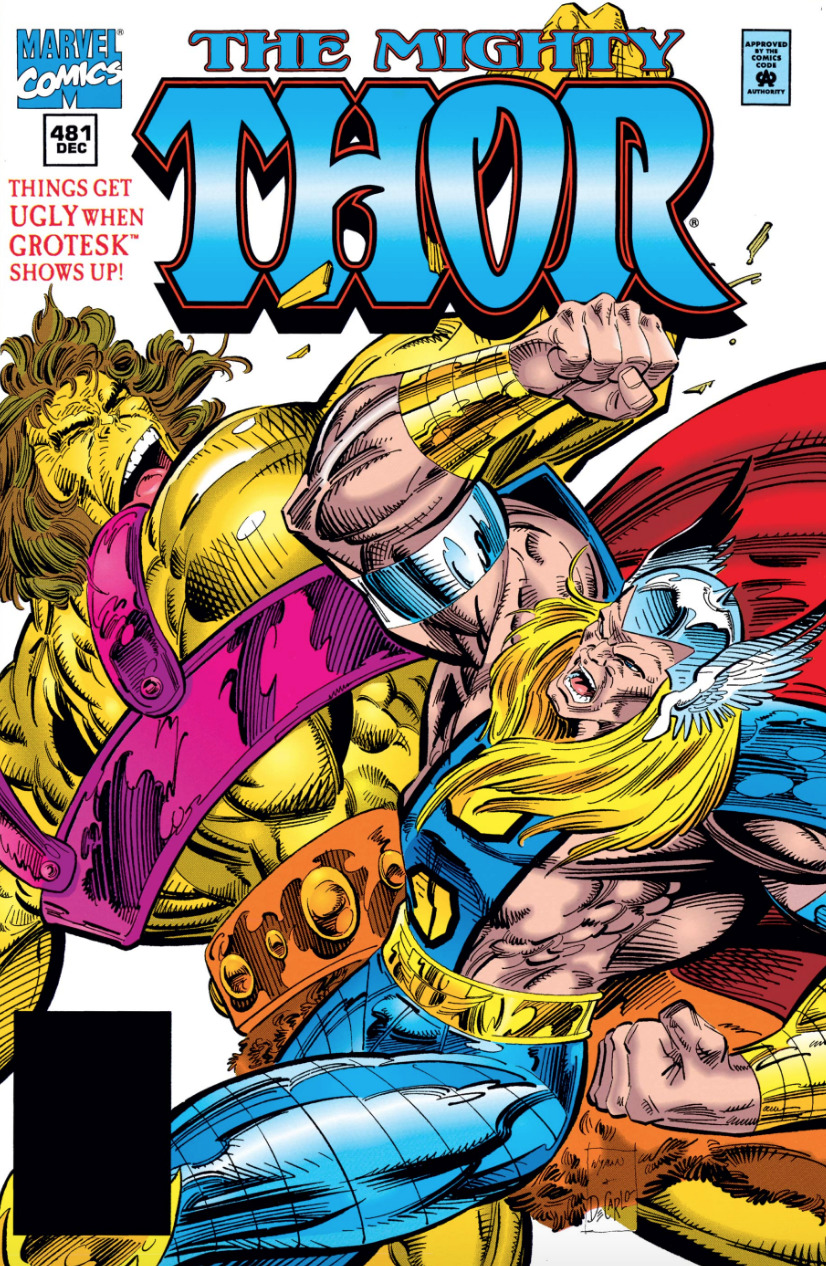
Thor (1966-1996) #481
1994
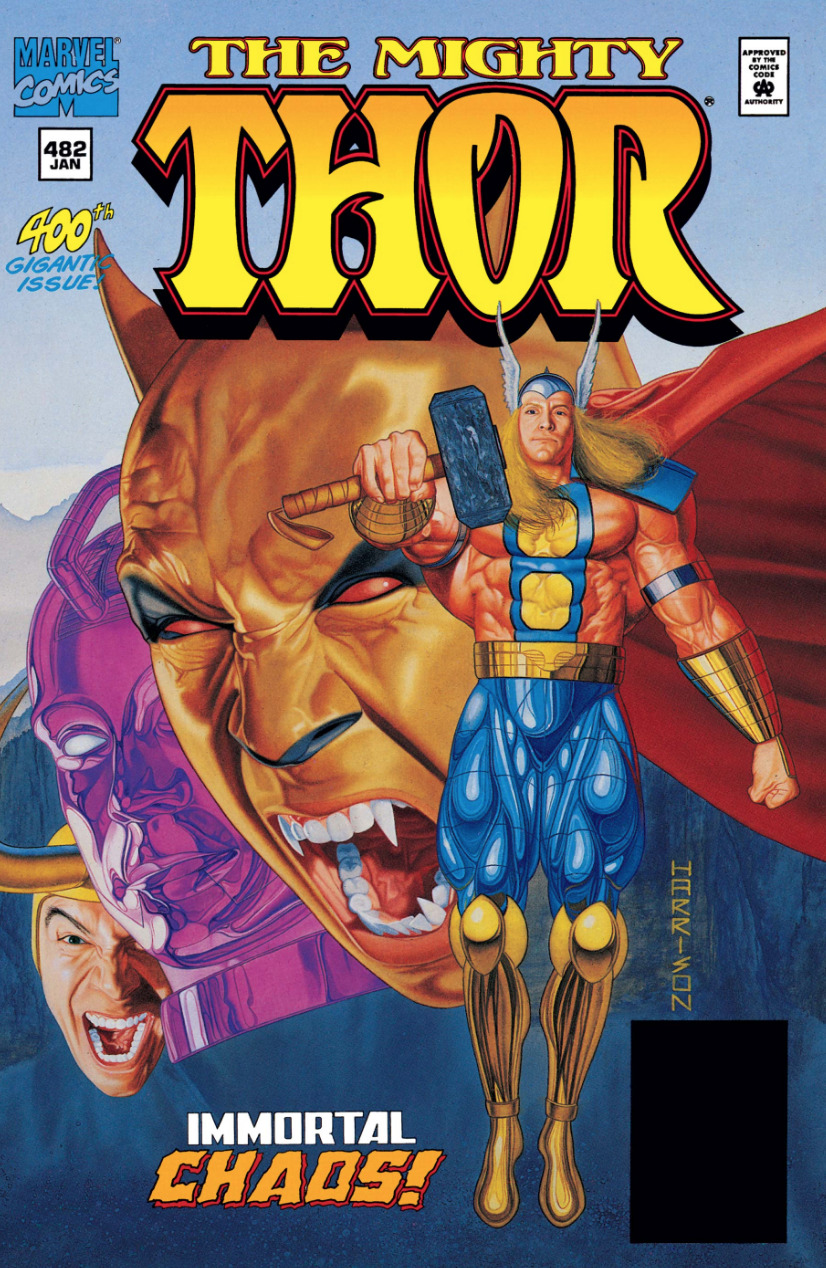
Thor (1966-1996) #482
1995
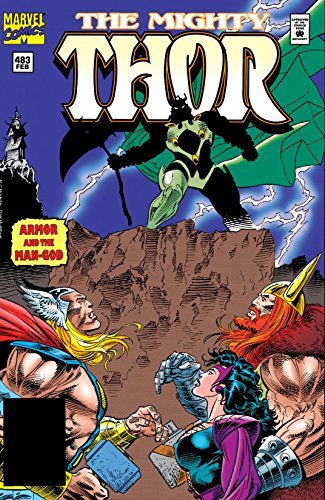
Thor (1966-1996) #483
2016
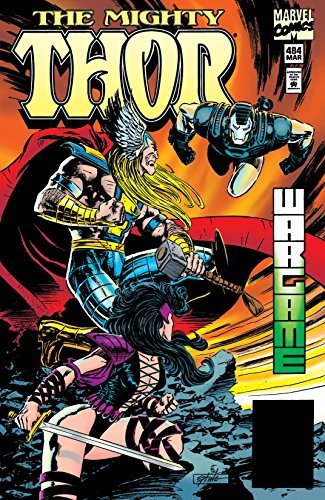
Thor (1966-1996) #484
1995
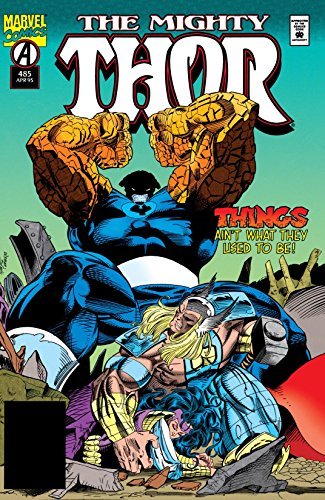
Thor (1966-1996) #485
2016
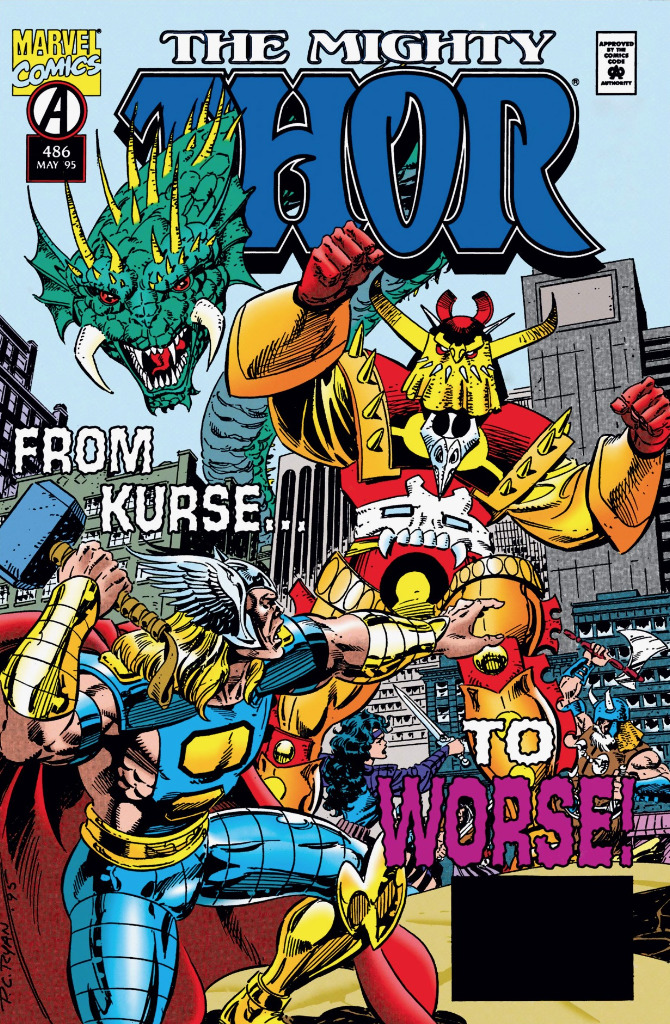
Thor (1966-1996) #486
1995
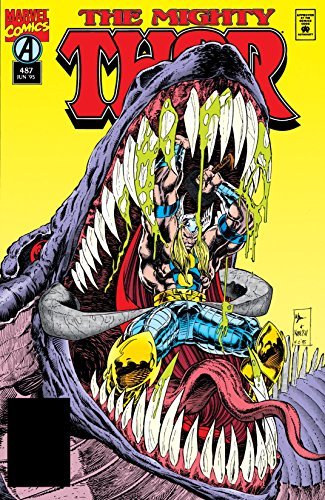
Thor (1966-1996) #487
1995
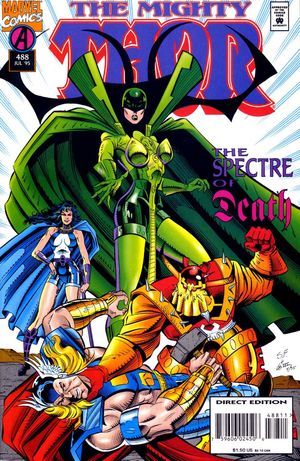
Thor (1966-1996) #488
1995
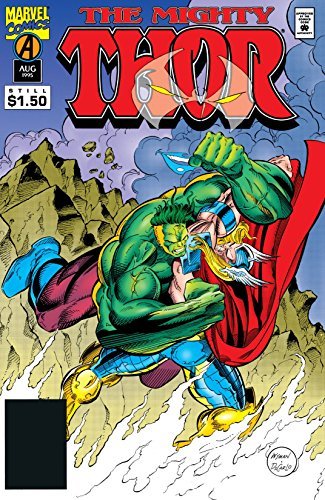
Thor (1966-1996) #489
1995
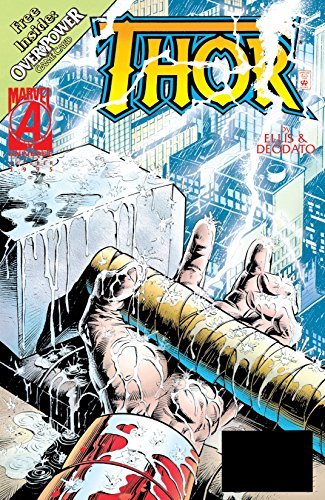
Thor (1966-1996) #491
2016
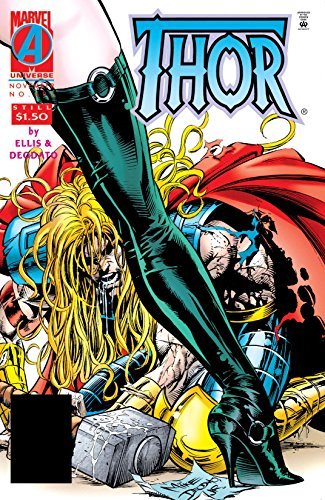
Thor (1966-1996) #492
2016
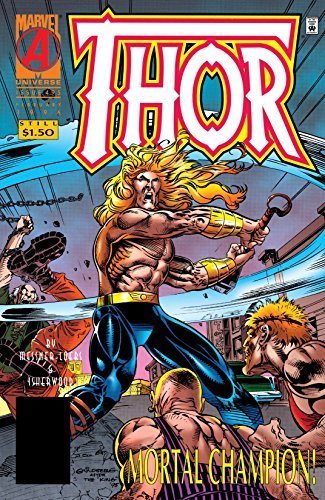
Thor (1966-1996) #495
2016
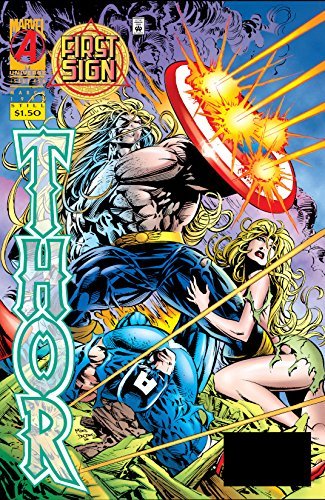
Thor (1966-1996) #496
1996
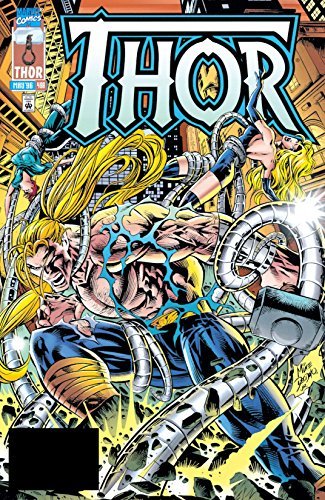
Thor (1966-1996) #498
2016
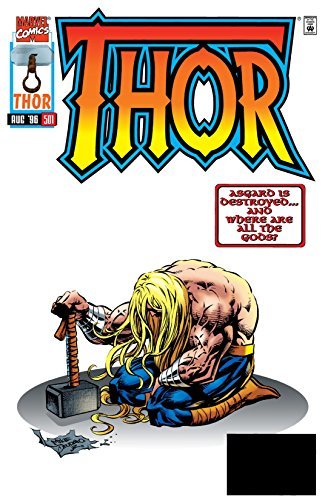
Thor (1966-1996) #501
2016
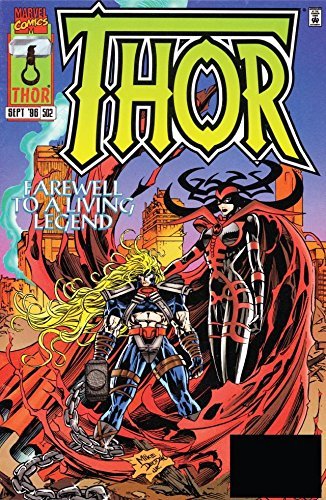
Thor (1966-1996) #502
2014
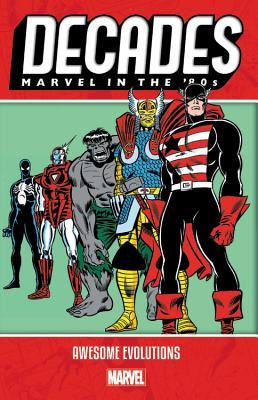
Decades
Marvel in the '80s - Awesome Evolutions
2019
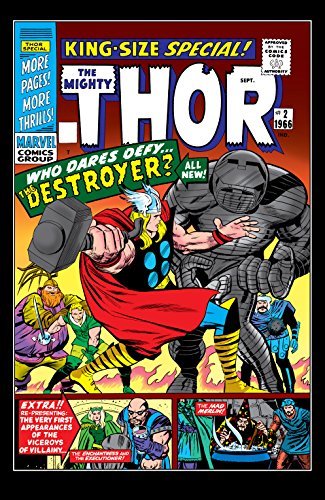
Thor (1966-1996) Annual #2
2017
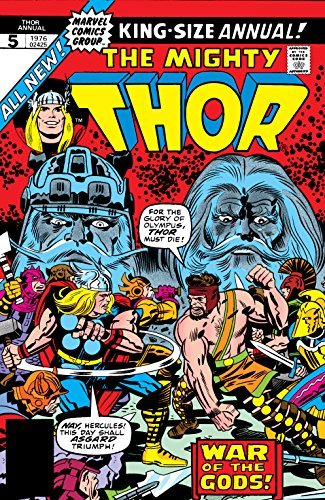
Thor (1966-1996) Annual #5
1976
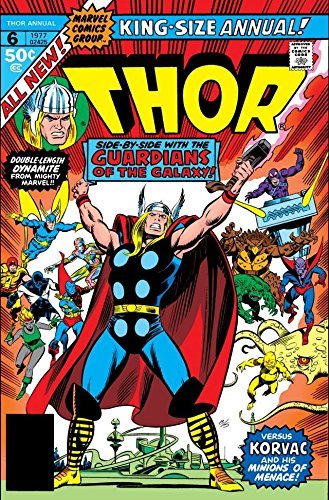
Thor (1966-1996) Annual #6
2013
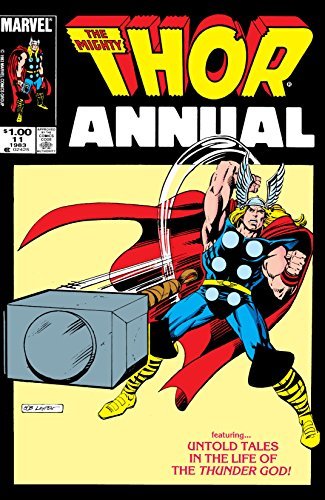
Thor (1966-1996) Annual #11
2016
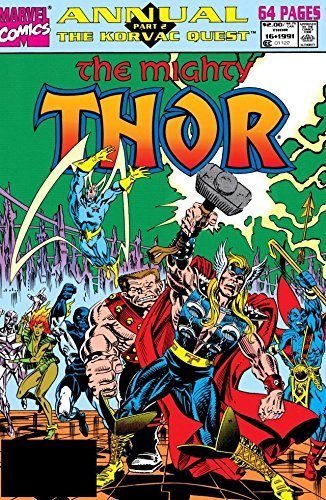
Thor (1966-1996) Annual #16
2014
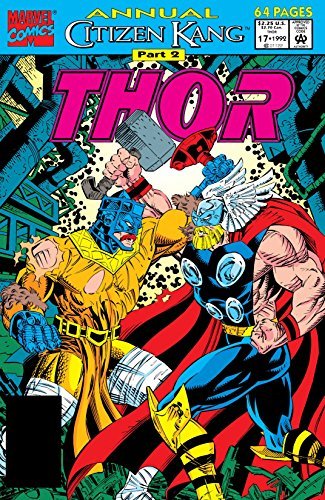
Thor (1966-1996) Annual #17
2015
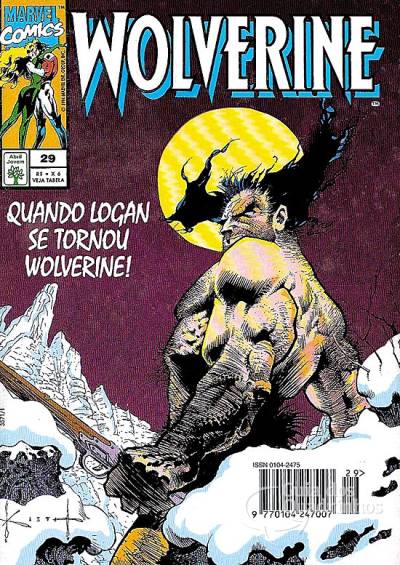
Wolverine n° 29
1994

X-Men/Avengers
Onslaught Omnibus
2015

X-Men
Onslaught - The Complete Epic, Book 3
2008

Thor
The Warriors Three Unleashed
2011
Authors

Joseph "Jeph" Loeb III is an Emmy and WGA nominated American film and television writer, producer and award-winning comic book writer. Loeb was a Co-Executive Producer on the NBC hit show Heroes, and formerly a producer/writer on the TV series Smallville and Lost. A four-time Eisner Award winner and five-time Wizard Fan Awards winner (see below), Loeb's comic book career includes work on many major characters, including Spider-Man, Batman, Superman, Hulk, Captain America, Cable, Iron Man, Daredevil, Supergirl, the Avengers, and Buffy the Vampire Slayer, much of which he has produced in collaboration with artist Tim Sale, who provides the comic art seen on Heroes.

Len Wein was an American comic book writer and editor best known for co-creating DC Comics' Swamp Thing and Marvel Comics' Wolverine, and for helping revive the Marvel superhero team the X-Men (including the co-creation of Nightcrawler, Storm, and Colossus). Additionally, he was the editor for writer Alan Moore and illustrator Dave Gibbons' influential DC miniseries Watchmen. Wein was inducted into the Will Eisner Comic Book Hall of Fame in 2008.
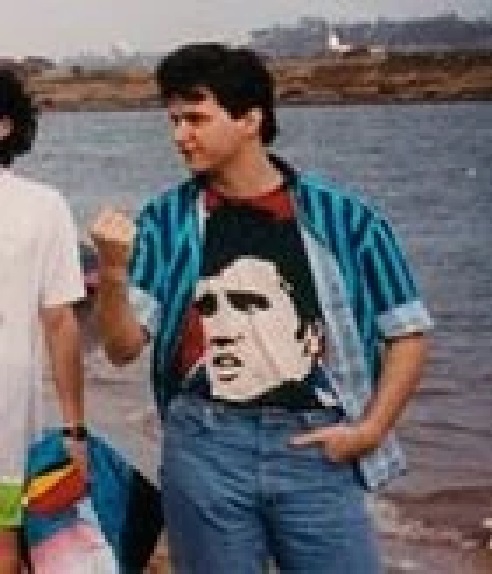
Librarian note: There is more than one author in the GoodReads database with this name

Larry Hama is an American writer, artist, actor and musician who has worked in the fields of entertainment and publishing since the 1960s. During the 1970s, he was seen in minor roles on the TV shows M*A*S*H and Saturday Night Live, and appeared on Broadway in two roles in the original 1976 production of Stephen Sondheim's Pacific Overtures. He is best known to American comic book readers as a writer and editor for Marvel Comics, where he wrote the licensed comic book series G.I. Joe, A Real American Hero, based on the Hasbro action figures. He has also written for the series Wolverine, Nth Man: the Ultimate Ninja, and Elektra. He created the character Bucky O'Hare, which was developed into a comic book, a toy line and television cartoon.

For the Karate Kid actor, click here: Ralph Macchio Ralph Macchio is an American comic book editor and writer, who has held many positions at Marvel Comics, including executive editor. Macchio is commonly associated with Daredevil, the Spider-Man line of comics and the popular Ultimate Marvel line. In Macchio's words, he "made probably the longest run on Daredevil of anyone." Macchio is not related to the actor Ralph Macchio, but is nicknamed "Karate Kid" after that actor's famous role.

Roy Thomas was the FIRST Editor-in-Chief at Marvel—After Stan Lee stepped down from the position. Roy is a longtime comic book writer and editor. Thomas has written comics for Archie, Charlton, DC, Heroic Publishing, Marvel, and Topps over the years. Thomas currently edits the fanzine Alter Ego for Twomorrow's Publishing. He was Editor for Marvel comics from 1972-1974. He wrote for several titles at Marvel, such as Avengers, Thor, Invaders, Fantastic Four, X-Men, and notably Conan the Barbarian. Thomas is also known for his championing of Golden Age comic-book heroes—particularly the 1940s superhero team the Justice Society of America—and for lengthy writing stints on Marvel's X-Men and Avengers, and DC Comics' All-Star Squadron, among other titles. Also a legendary creator. Creations include Wolverine, Carol Danvers, Ghost Rider, Vision, Iron Fist, Luke Cage, Valkyrie, Morbius, Doc Samson, and Ultron. Roy has also worked for Archie, Charlton, and DC among others over the years.

Stan Lee (born Stanley Martin Lieber) was an American writer, editor, creator of comic book superheroes, and the former president and chairman of Marvel Comics. With several artist co-creators, most notably Jack Kirby and Steve Ditko, he co-created Spider-Man, the Fantastic Four, Thor as a superhero, the X-Men, Iron Man, the Hulk, Daredevil, the Silver Surfer, Dr. Strange, Ant-Man and the Wasp, Scarlet Witch, The Inhumans, and many other characters, introducing complex, naturalistic characters and a thoroughly shared universe into superhero comic books. He subsequently led the expansion of Marvel Comics from a small division of a publishing house to a large multimedia corporation.


Alan Davis is an English writer and artist of comic books, known for his work on titles such as Captain Britain, The Uncanny X-Men, ClanDestine, Excalibur, JLA: The Nail and JLA: Another Nail and others. Librarian note: There is more than one author in the GoodReads database with this name



Jason Aaron grew up in a small town in Alabama. His cousin, Gustav Hasford, who wrote the semi-autobiographical novel The Short-Timers, on which the feature film Full Metal Jacket was based, was a large influence on Aaron. Aaron decided he wanted to write comics as a child, and though his father was skeptical when Aaron informed him of this aspiration, his mother took Aaron to drug stores, where he would purchase books from spinner racks, some of which he still owns today. Aaron's career in comics began in 2001 when he won a Marvel Comics talent search contest with an eight-page Wolverine back-up story script. The story, which was published in Wolverine #175 (June 2002), gave him the opportunity to pitch subsequent ideas to editors. In 2006, Aaron made a blind submission to DC/Vertigo, who published his first major work, the Vietnam War story The Other Side which was nominated for an Eisner Award for Best Miniseries, and which Aaron regards as the "second time" he broke into the industry. Following this, Vertigo asked him to pitch other ideas, which led to the series Scalped, a creator-owned series set on the fictional Prairie Rose Indian Reservation and published by DC/Vertigo. In 2007, Aaron wrote Ripclaw: Pilot Season for Top Cow Productions. Later that year, Marvel editor Axel Alonso, who was impressed by The Other Side and Scalped, hired Aaron to write issues of Wolverine, Black Panther and eventually, an extended run on Ghost Rider that began in April 2008. His continued work on Black Panther also included a tie-in to the company-wide crossover storyline along with a "Secret Invasion" with David Lapham in 2009. In January 2008, he signed an exclusive contract with Marvel, though it would not affect his work on Scalped. Later that July, he wrote the Penguin issue of The Joker's Asylum. After a 4-issue stint on Wolverine in 2007, Aaron returned to the character with the ongoing series Wolverine: Weapon X, launched to coincide with the feature film X-Men Origins: Wolverine. Aaron commented, "With Wolverine: Weapon X we'll be trying to mix things up like that from arc to arc, so the first arc is a typical sort of black ops story but the second arc will jump right into the middle of a completely different genre," In 2010, the series was relaunched once again as simply Wolverine. He followed this with his current run on Thor: God of Thunder.
Marz is well known for his work on Silver Surfer and Green Lantern, as well as the Marvel vs DC crossover and Batman/Aliens. He also worked on the CrossGen Comics series Scion, Mystic, Sojourn, and The Path. At Dark Horse Comics he created Samurai: Heaven and Earth and various Star Wars comics. He has also done work for Devil’s Due Publishing’s Aftermath line, namely Blade of Kumori. In 1995, he had a brief run on XO-Manowar, for Valiant Comics. Marz’s more recent works includes a number of Top Cow books including Witchblade and a Cyberforce relaunch. For DC Comics, he has written Ion, a 12 part comic book miniseries that followed the Kyle Rayner character after the One Year Later event, and Tales of the Sinistro Corps Presents: Parallax and Tales of the Sinestro Corps Presents: Ion, two one-shot tie-ins to the Green Lantern crossover, The Sinestro Corps War. His current creator owned projects include “Dragon Prince” (Top Cow) and “Samurai : Heaven and Earth” (Dark Horse). Photo by Luigi Novi.


See also John Harkness. Steve Englehart went to Wesleyan University in Middletown, Connecticut. After a stint in the Army, he moved to New York and began to write for Marvel Comics. That led to long runs on Captain America, The Hulk, The Avengers, Dr. Strange, and a dozen other titles. Midway through that period he moved to California (where he remains), and met and married his wife Terry. He was finally hired away from Marvel by DC Comics, to be their lead writer and revamp their core characters (Superman, Batman, Wonder Woman, Flash, and Green Lantern). He did, but he also wrote a solo Batman series (immediately dubbed the "definitive" version) that later became Warner Brothers' first Batman film (the good one). After that he left comics for a time, traveled in Europe for a year, wrote a novel (The Point Man™), and came back to design video games for Atari (E.T., Garfield). But he still liked comics, so he created Coyote™, which within its first year was rated one of America's ten best series. Other projects he owned (Scorpio Rose™, The Djinn™) were mixed with company series (Green Lantern [with Joe Staton], Silver Surfer, Fantastic Four). Meanwhile, he continued his game design for Activision, Electronic Arts, Sega, and Brøderbund. And once he and Terry had their two sons, Alex and Eric, he naturally told them stories. Rustle's Christmas Adventure was first devised for them. He went on to add a run of mid-grade books to his bibliography, including the DNAgers™ adventure series, and Countdown to Flight, a biography of the Wright brothers selected by NASA as the basis for their school curriculum on the invention of the airplane. In 1992 Steve was asked to co-create a comics pantheon called the Ultraverse. One of his contributions, The Night Man, became not only a successful comics series, but also a television show. That led to more Hollywood work, including animated series such as Street Fighter, GI Joe, and Team Atlantis for Disney.

William Francis Messner-Loebs (born William Francis Loebs, Jr.) is an American comics artist and writer from Michigan, also known as Bill Loebs and Bill Messner-Loebs. His hyphenated surname is a combination of his and his wife Nadine's unmarried surnames. In the 1980s and 1990s he wrote runs of series published by DC Comics, Image Comics, Comico, and other comics publishers, including DC's superhero series Flash and Wonder Woman among others. Additionally he has both written and drawn original creator-owned works, such as Journey: The Adventures of Wolverine MacAlistaire.

Scott Lobdell (born 1960) is an American comic book writer. He is mostly known for his work throughout the 1990s on Marvel Comics' X-Men-related titles specifically Uncanny X-Men, the main title itself, and the spin-off series that he conceived with artist Chris Bachalo, Generation X. Generation X focused on a number of young mutant students who attempted to become superheroes in their own right at a separate school with the guidance of veteran X-related characters Banshee and Emma Frost. He also had writing stints on Marvel's Fantastic Four, Alpha Flight, and The Adventures of Cyclops and Phoenix mini-series with artist Gene Ha. He wrote the script to Stan Lee's Mosaic and an upcoming film from POW Entertainment featuring Ringo Starr. He also participated in the Marvel Comics and Image Comics (from Jim Lee's WildStorm) crossover mini-series WildC.A.T.s/X-Men.


James P. "Jim" Starlin is an American comic book writer and artist. With a career dating back to the early 1970s, he is best known for "cosmic" tales and space opera; for revamping the Marvel Comics characters Captain Marvel and Adam Warlock; and for creating or co-creating the Marvel characters Thanos and Shang-Chi, Master of Kung Fu. Death and suicide are recurring themes in Starlin's work: Personifications of Death appeared in his Captain Marvel series and in a fill-in story for Ghost Rider; Warlock commits suicide by killing his future self; and suicide is a theme in a story he plotted and drew for The Rampaging Hulk magazine. In the mid-1970s, Starlin contributed a cache of stories to the independently published science-fiction anthology Star Reach. Here he developed his ideas of God, death, and infinity, free of the restrictions of mainstream comics publishers' self-censorship arm, the Comics Code Authority. Starlin also drew "The Secret of Skull River", inked by frequent collaborator Al Milgrom, for Savage Tales #5 (July 1974). When Marvel Comics wished to use the name of Captain Marvel for a new, different character,[citation needed] Starlin was given the rare opportunity to produce a one-shot story in which to kill off a main character. The Death of Captain Marvel became the first graphic novel published by the company itself. ( In the late 1980s, Starlin began working more for DC Comics, writing a number of Batman stories, including the four-issue miniseries Batman: The Cult (Aug.-Nov. 1988), and the storyline "Batman: A Death in the Family", in Batman #426-429 (Dec. 1988 – Jan. 1989), in which Jason Todd, the second of Batman's Robin sidekicks, was killed. The death was decided by fans, as DC Comics set up a hotline for readers to vote on as to whether or not Jason Todd should survive a potentially fatal situation. For DC he created Hardcore Station.
George Caragonne (September 16, 1965 – July 20, 1995) was an American comic book writer and editor, most notable for being co-founder of Penthouse Comix magazine. He committed suicide on July 20, 1995. George Caragonne was born in San Antonio, Texas, the only male child born to Alexander Caragonne and Alice Caragonne. He has a sibling and a niece named Alice Caragonne, who was born February 4, 1994. George Caragonne's career in comics began when he sent an unsolicited submission to Marvel Comics in 1984. He eventually trained under the guidance of Editor-in-Chief Jim Shooter. Caragonne wrote primarily for Marvel Comics and their subsidiary Star Comics, throughout the latter half of the 1980s. Titles he wrote included Masters of the Universe, Planet Terry, and Star Brand. He also worked in the animation field. In 1988, after hearing that former Marvel editor-in-chief Jim Shooter was forming Valiant Comics, Caragonne drove from California to New York, and, unannounced, knocked on Shooter's door to offer his services. Caragonne agreed to do work for Valiant, all while holding a full-time job.[citation needed] After Valiant was established, Caragonne wrote such titles as Captain N, The Legend of Zelda, and Punch Out!!. After leaving Valiant, Caragonne wrote a few freelance stories for Marvel, including a short Silver Surfer story for a custom comic produced for Charleston Chew, and a short backup tale for a Fantastic Four Annual #25 (1992). Around this time Caragonne created a comics packaging studio called Constant Developments, Inc. (CDI). CDI optioned the rights to produce new comics featuring the 1960s superhero team T.H.U.N.D.E.R. Agents (from John Carbonaro, then the rights-holder). An acquaintance introduced Caragonne to Penthouse magazine publisher Bob Guccione, whom Caragonne tried to interest in publishing T.H.U.N.D.E.R. Agents. Guccione instead hired Caragonne to create soft-core erotica comic sections for Penthouse magazine. Caragonne was given an office inside Penthouse's headquarters. After several sections of comics had been produced for Penthouse, Guccione directed Caragonne to produce a stand-alone comics magazine for his company; the first issue of Penthouse Comix appeared in early 1994. With stories by Caragonne and illustrations by artists that included Adam Hughes, Garry Leach, Arthur Suydam, Milo Manara, Richard Corben, Bart Sears, and Gray Morrow, Penthouse Comix was an immediate international success, and spawned a full line that included the seven-issue Men's Adventure Comix and the three-issue Omni Comix, the latter a companion to the science magazine Omni, which was also published by Guccione. (A T.H.U.N.D.E.R. Agents story did eventually find publication in a Guccione publication, in the first issue of Omni Comix.) According to comics writer and columnist Mark Evanier, the success of his books with Penthouse led to excess on his part, in particular drugs. He became a heavy cocaine user, and also began spending on extravagant items for himself and friends. He also went significantly overbudget on his magazines and on some other, non-Penthouse projects. His working patterns changed to the point where he was working all night in the Penthouse offices, before going home in the day, which concerned his close friends, who tried to intervene with him. According to Evanier, his employers also came to suspect Caragonne of financial "improprieties", and on the night of Friday, July 14, 1995, he discovered that he had been locked out of his office pending a full audit on his books.

Doug Moench, is an American comic book writer notable for his Batman work and as the creator of Black Mask, Moon Knight and Deathlok. Moench has worked for DC Comics, Marvel Comics, Dark Horse Comics and many other smaller companies; he has written hundreds of issues of many different comics, and created dozens of characters, such as Moon Knight. In 1973, Moench became the de facto lead writer for the Marvel black-and-white magazine imprint Curtis Magazines. He contributed to the entire runs of Planet of the Apes, Rampaging Hulk (continuing on the title when it changed its name to The Hulk!) and Doc Savage, while also serving as a regular scribe for virtually every other Curtis title during the course of the imprint's existence. Moench is perhaps best known for his work on Batman, whose title he wrote from 1983–1986 and then again from 1992–1998. (He also wrote the companion title Detective Comics from 1983–1986.) Moench is a frequent and longtime collaborator with comics artist Paul Gulacy. The pair are probably best known for their work on Shang-Chi: Master of Kung Fu, which they worked on together from 1974–1977. They also co-created Six from Sirius, Slash Maraud, and S.C.I. Spy, and have worked together on comics projects featuring Batman, Conan the Barbarian and James Bond. Moench has frequently been paired with the artist and inker team of Kelley Jones and John Beatty on several Elseworlds Graphic Novels and a long run of the monthly Batman comic.

Dennis "Denny" O'Neil was a comic book writer and editor best known for his work for Marvel Comics and DC Comics from the 1960s through the 1990s, and Group Editor for the Batman family of titles until his retirement. His best-known works include Green Lantern/Green Arrow and Batman with Neal Adams, The Shadow with Michael Kaluta and The Question with Denys Cowan. As an editor, he is principally known for editing the various Batman titles. From 2013 unti his death, he sat on the board of directors of the charity The Hero Initiative and served on its Disbursement Committee.

aka David Peters Peter Allen David (often abbreviated PAD) is an American writer, best known for his work in comic books and Star Trek novels. David often jokingly describes his occupation as "Writer of Stuff". David is noted for his prolific writing, characterized by its mingling of real world issues with humor and references to popular culture. He also uses metafiction frequently, usually to humorous effect, as in his work on the comic book Young Justice.

Paul Neary was a British comic book artist, writer and editor. His first work was for Warren Publishing in the 1970s before working with Dez Skinn at Marvel UK as well as work for 2000 AD. He later became editor-in-chief of Marvel UK in the 1990s but is now best known for inking Bryan Hitch's work on The Ultimates for Marvel Comics.

Chris Claremont is a writer of American comic books, best known for his 16-year (1975-1991) stint on Uncanny X-Men, during which the series became one of the comic book industry's most successful properties. Claremont has written many stories for other publishers including the Star Trek Debt of Honor graphic novel, his creator-owned Sovereign Seven for DC Comics and Aliens vs Predator for Dark Horse Comics. He also wrote a few issues of the series WildC.A.T.s (volume 1, issues #10-13) at Image Comics, which introduced his creator-owned character, Huntsman. Outside of comics, Claremont co-wrote the Chronicles of the Shadow War trilogy, Shadow Moon (1995), Shadow Dawn (1996), and Shadow Star (1999), with George Lucas. This trilogy continues the story of Elora Danan from the movie Willow. In the 1980s, he also wrote a science fiction trilogy about female starship pilot Nicole Shea, consisting of First Flight (1987), Grounded! (1991), and Sundowner (1994). Claremont was also a contributor to the Wild Cards anthology series.

Timothy Truman is an American writer, artist and musician. He is best known for his stories and Wild West-style comic book art, and in particular, for his work on Grimjack (with John Ostrander), Scout, and the reinvention of Jonah Hex, with Joe R. Lansdale. Truman is currently writing Conan and is an instructor at the Pennsylvania College of Art and Design. Truman's first professional comics work was Grimjack with writer John Ostrander, for the independent comics company First Comics. Grimjack first appeared in Starslayer #10 in November 1983, before moving to his own series after issue #18 in 1984, and continued for 81 issues. Along with being a fan favorite and often imitated character, Grimjack almost single-handedly defined the "grim and gritty" action comic character archetype. Truman has been continuously creative for more than 20 years, displaying his pulp sensitivities in his writing. In 1985, he created Scout, which was followed by Scout: War Shaman, a futuristic western. A year later, he relaunched the Hillman characters Airboy and The Heap for Eclipse Comics. He also developed The Prowler, a Shadow type character, and adapted The Spider for Eclipse. In 1991, at DC Comics he created Hawkworld, a reinvention of Hawkman. With author Joe R. Lansdale, he reinterpreted Jonah Hex as a horror western. In it, their creation of villain Edgar Autumn elicited a complaint from musician Edgar Winter. With his son, Benjamin Truman, he created A Man Named Hawken. Truman was chosen by Dark Horse Comics to illustrate a newly completed Tarzan novel and wrote a story arc for the comic book. He also wrote virtually the entire run of Turok: Dinosaur Hunter for Valiant Comics, after David Michelinie launched the book with its first three-issue story arc and subsequently departed the series. For the defunct SF imprint of DC, Helix, he created The Black Lamb. He also worked on a typical pulp adventure Guns of the Dragon, featuring Enemy Ace and Bat Lash; and wrote Star Wars at Dark Horse Comics. While at Dark Horse Comics, he took over the writing of Conan from Kurt Busiek in 2006, and after that series ended he started Conan The Cimmerian. Truman's startling work, Simon Girty, Renegade was a two-volume black and white graphic novel that translated the horrors and triumphs of the American settler's western frontier in a fresh, interesting light. In bold, black and white use of positive and negative space, Truman appealed to both young and old audiences in West Virginia and Pennsylvania. It was especially important for West Virginians that had been struggling against novelist Zane Grey's portrayal of Lewis Wetzel in an overly romanticized, florid light. Truman himself is an avid historian who dislikes nothing more than to see a drawing of a war using the wrong weaponry, and the second volume of his two-volume series on Simon Girty was devoted to the errors caught in his first volume. Tecumseh! a graphic novel based on the West Virginia Outdoor Theater, is a colored graphic novel that shows the play from beginning to end. It renewed interest in the warrior in Appalachia. When asked why he used "Tecumseh" instead of "Tecumtheh" he explained he didn't want to explain to the mainstream audience the variance in spelling—the movement on pronunciation began with General William Tecumseh Sherman who came from a family that wanted to commemorate the warrior, but felt the lisping "Tecumtheh" would be unmanly.



